
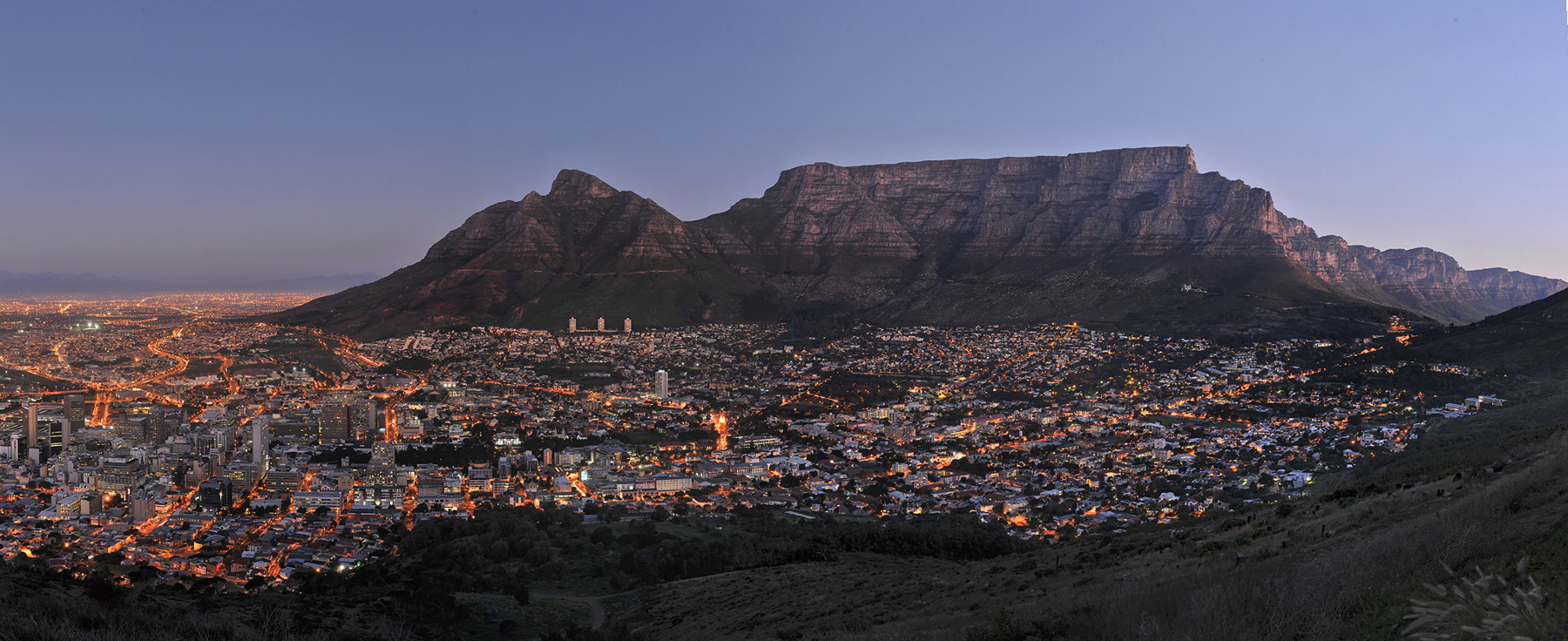
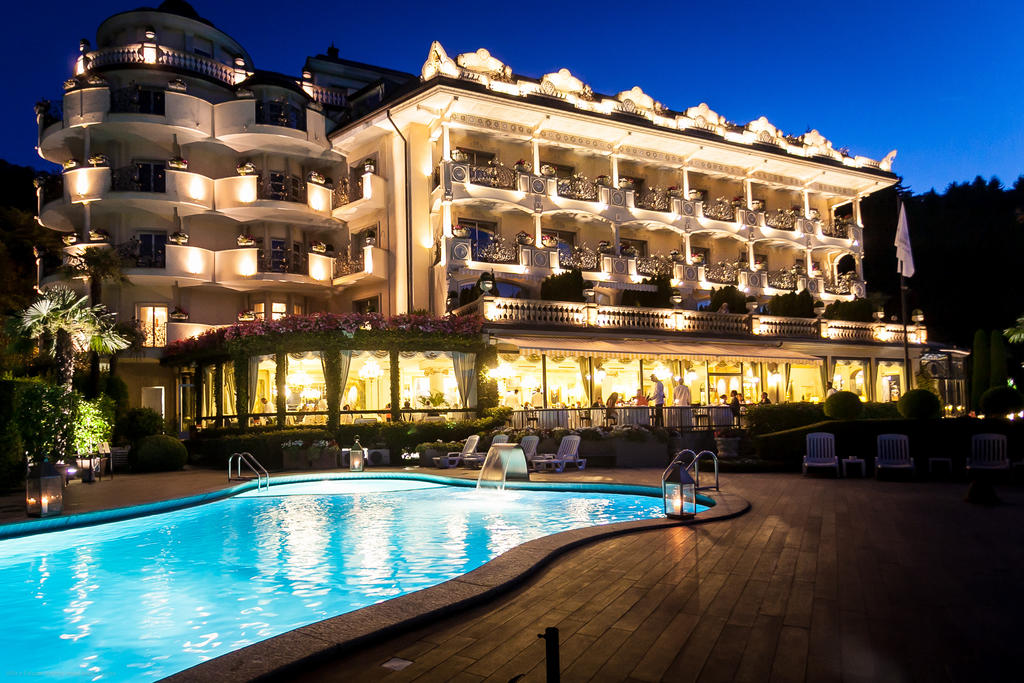
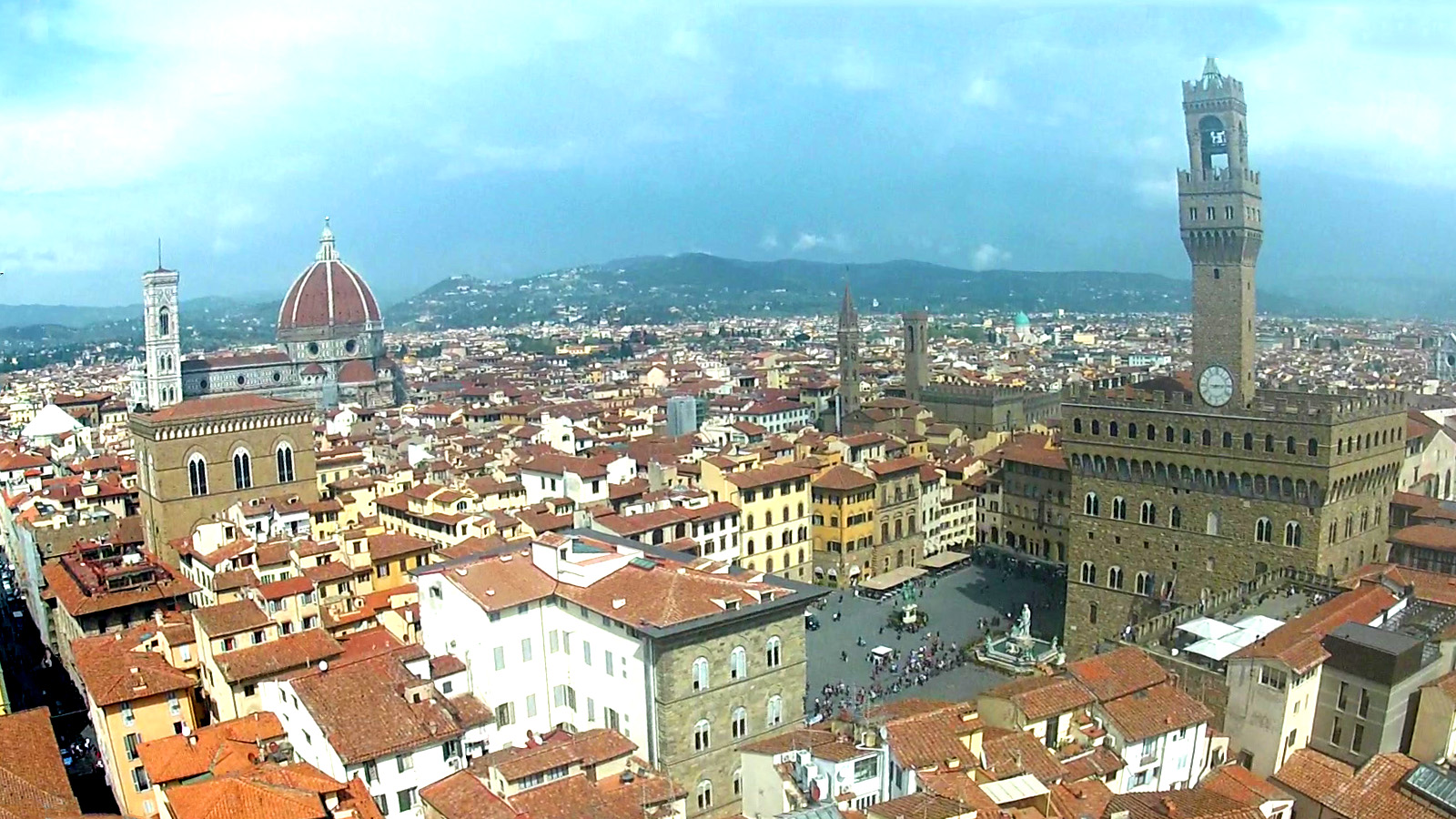

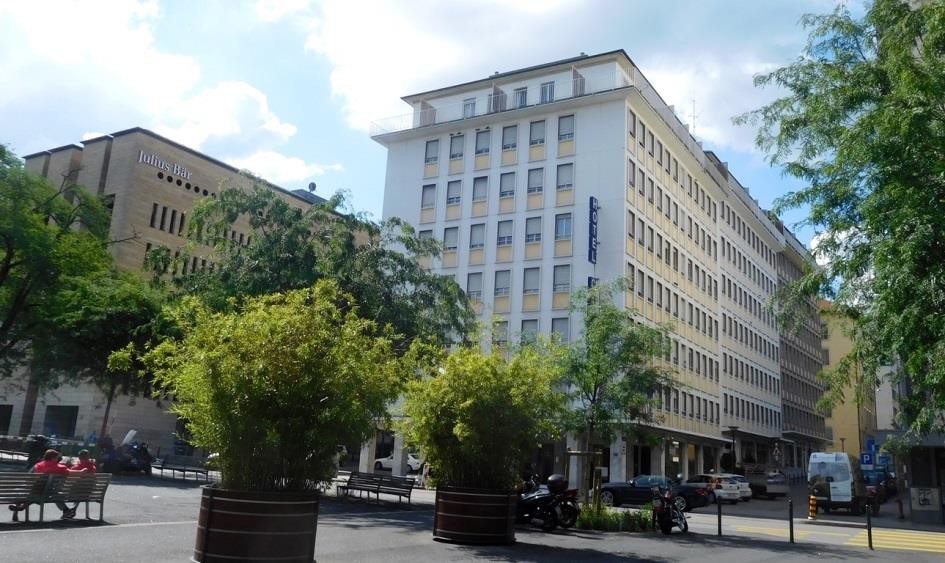
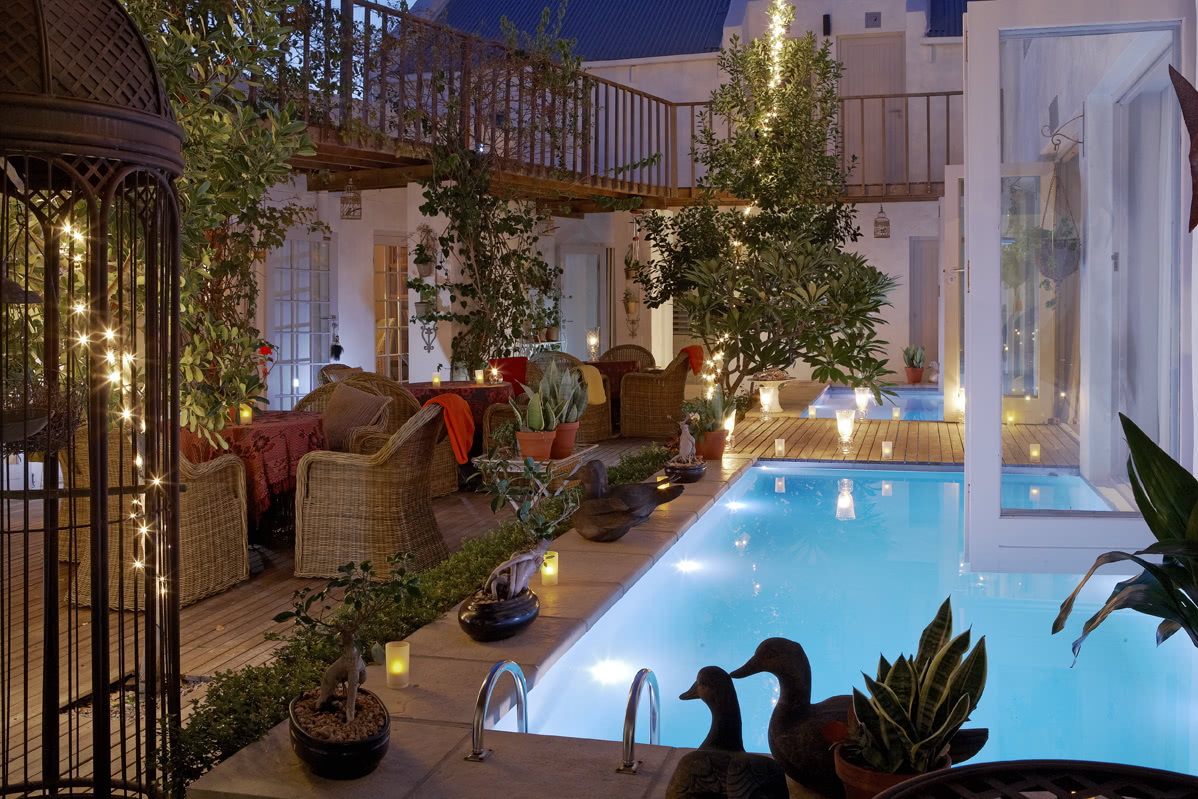
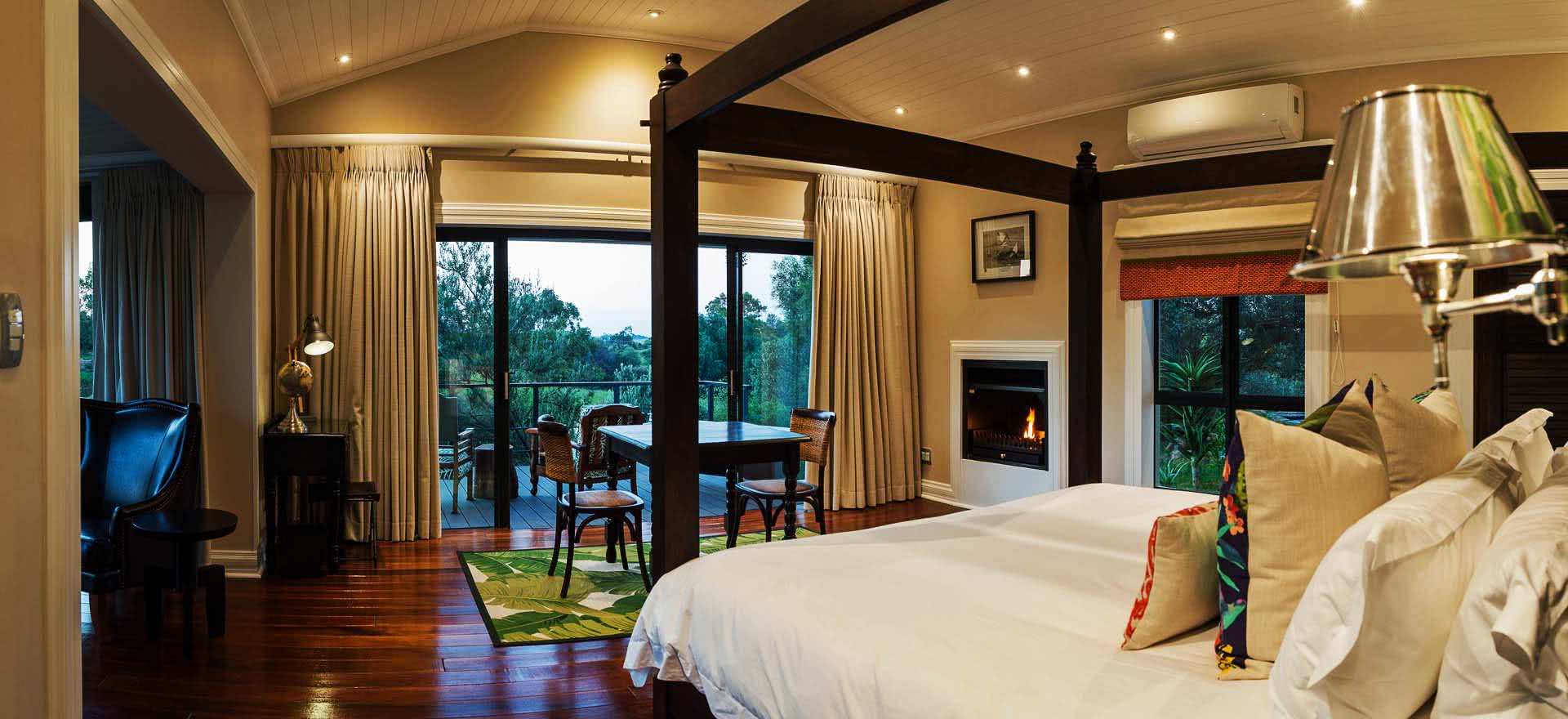
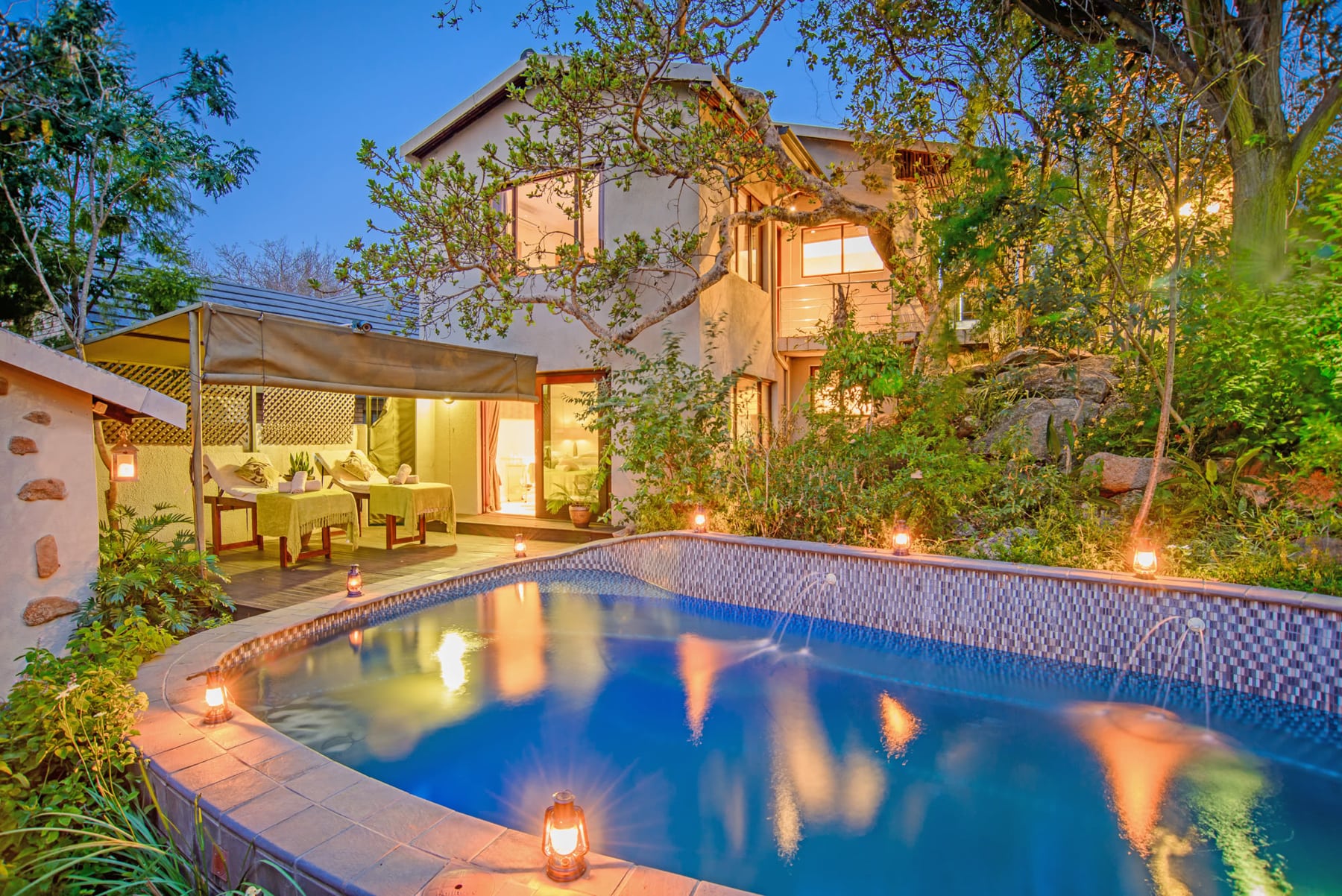

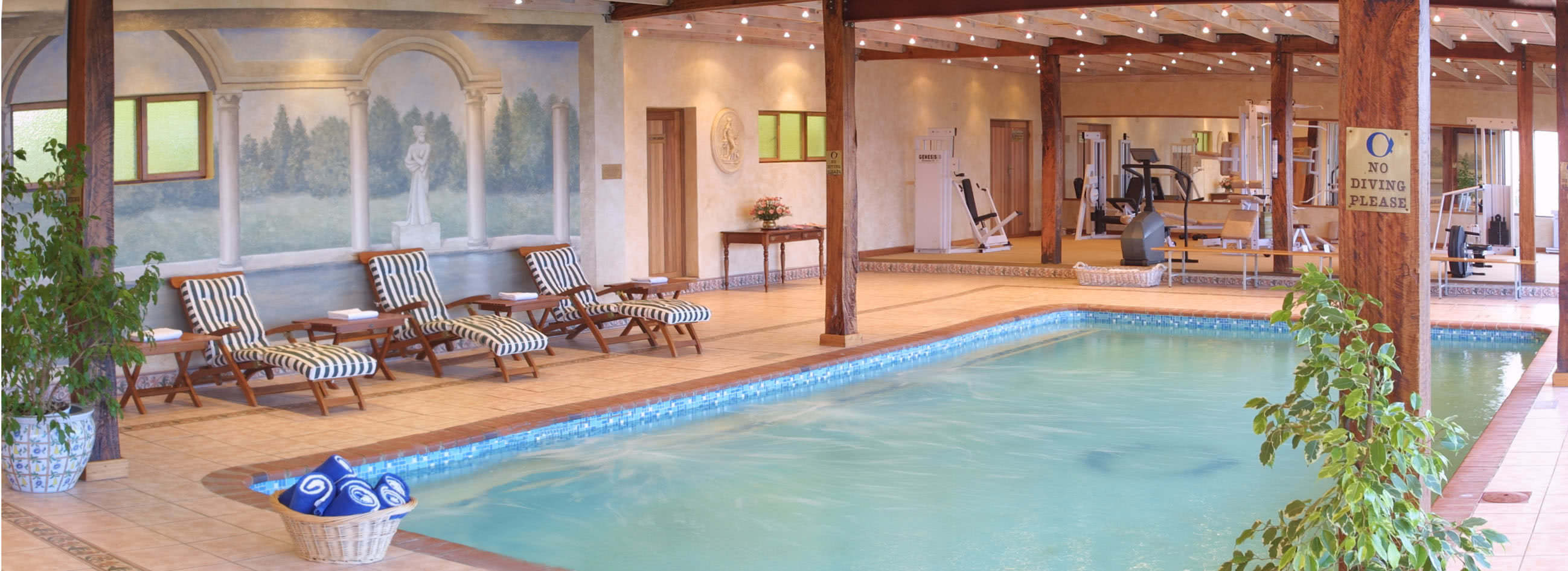
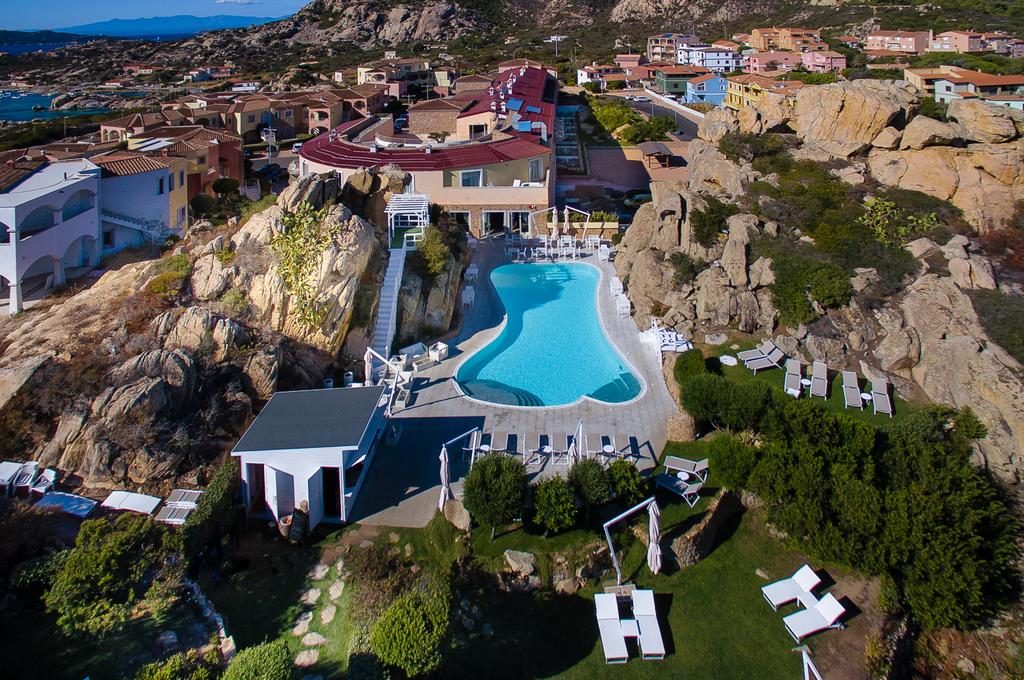
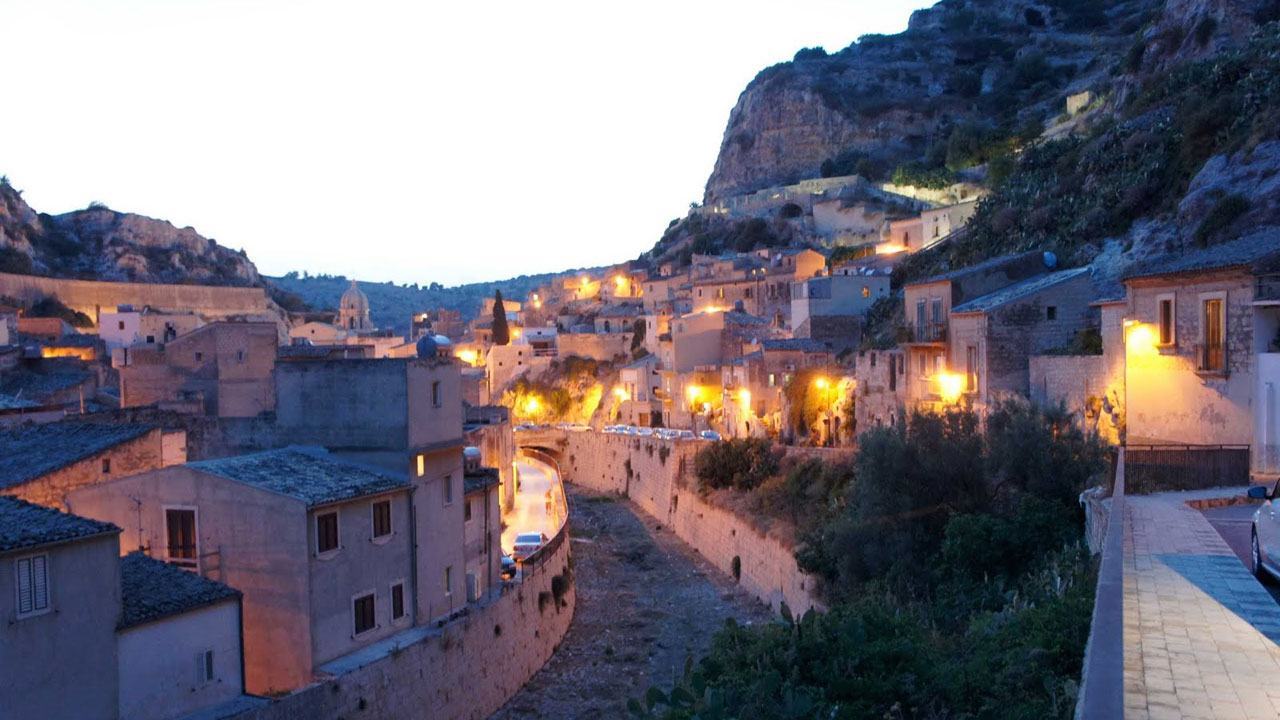
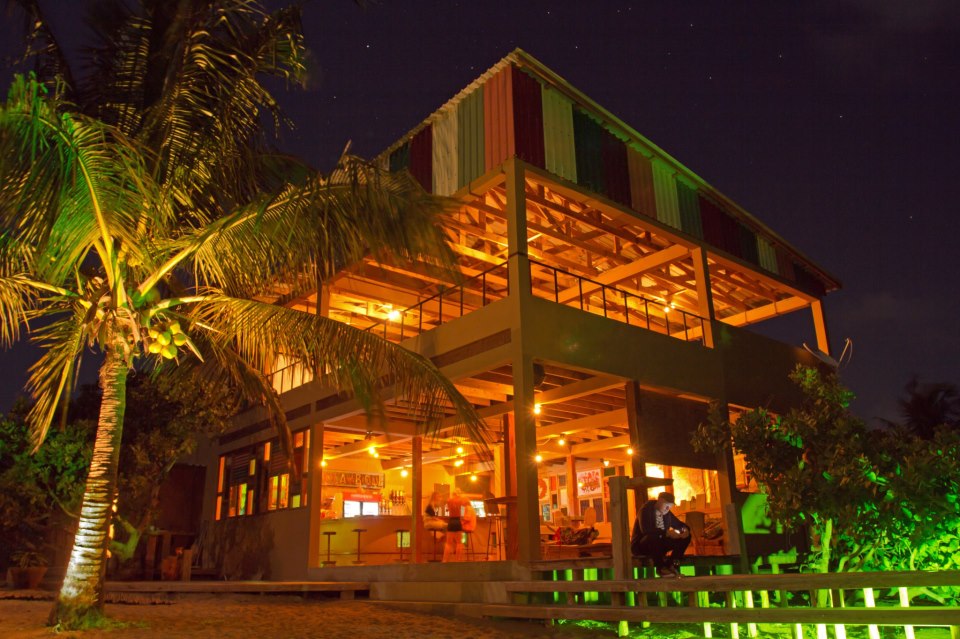

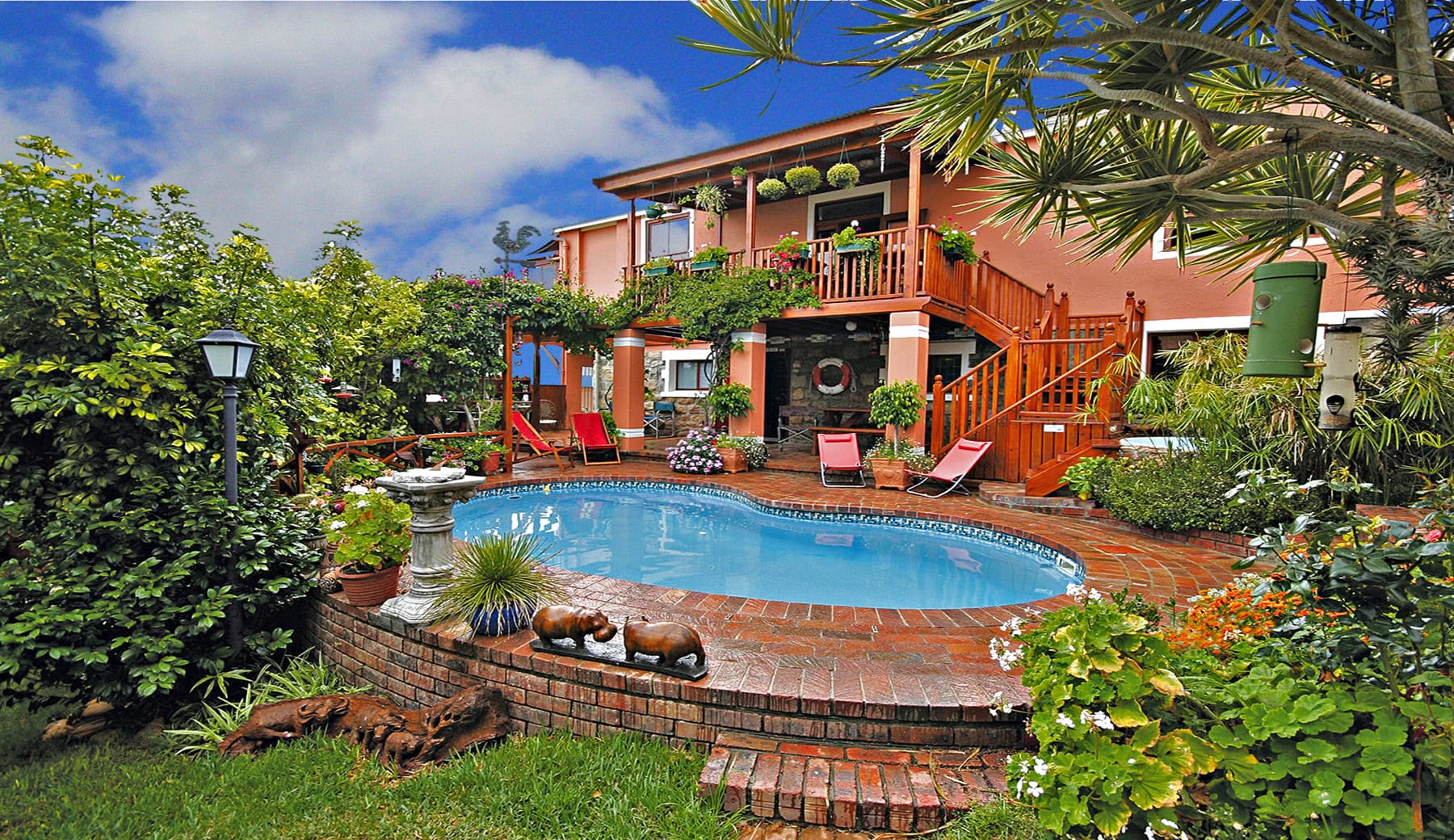
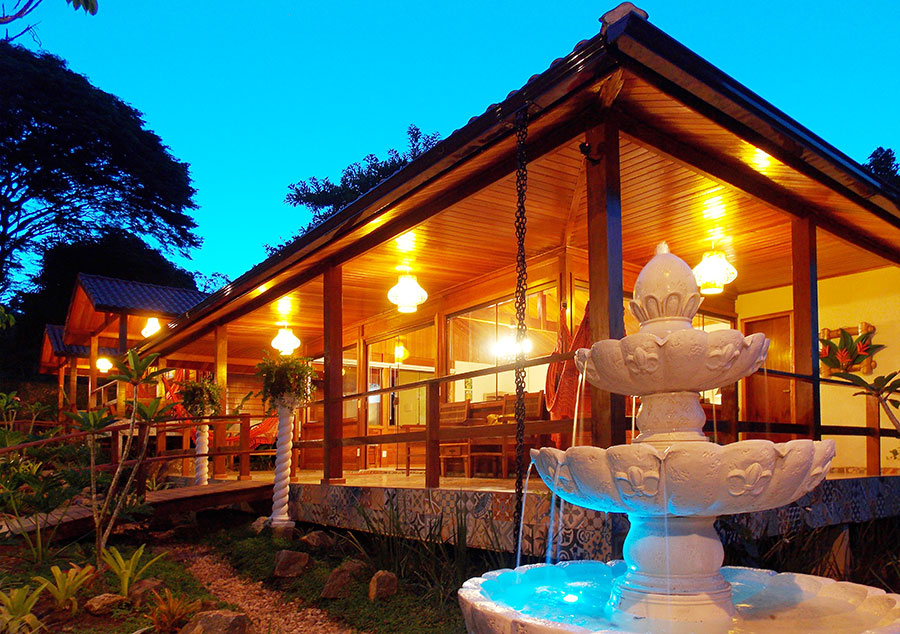
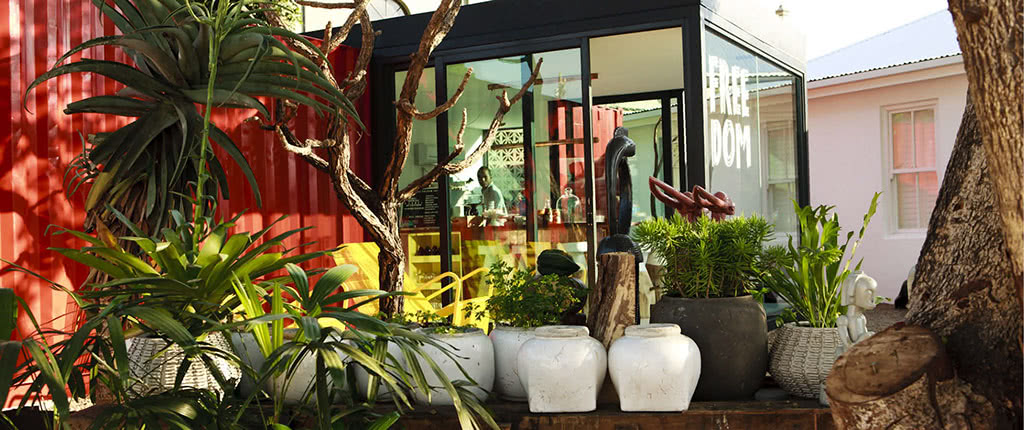
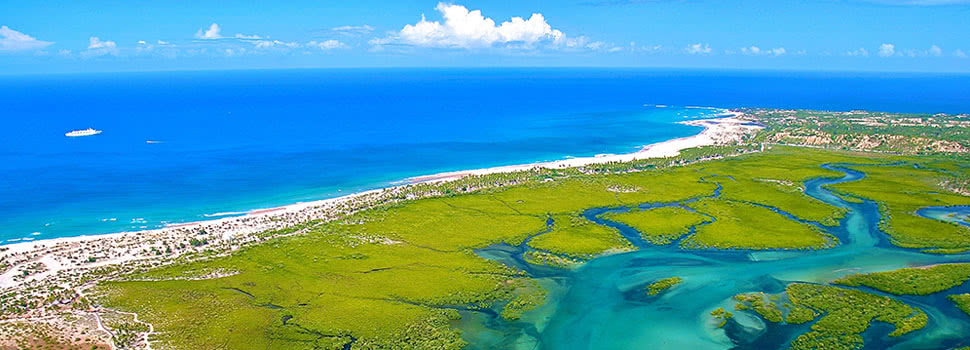
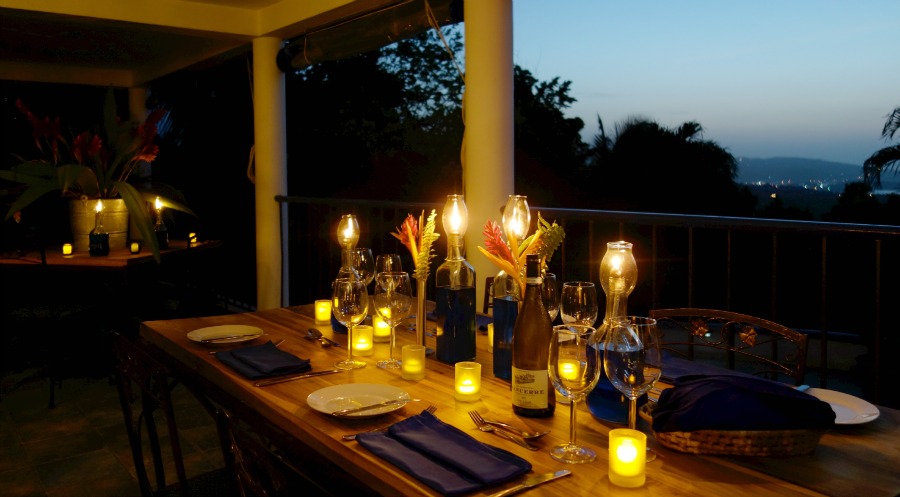
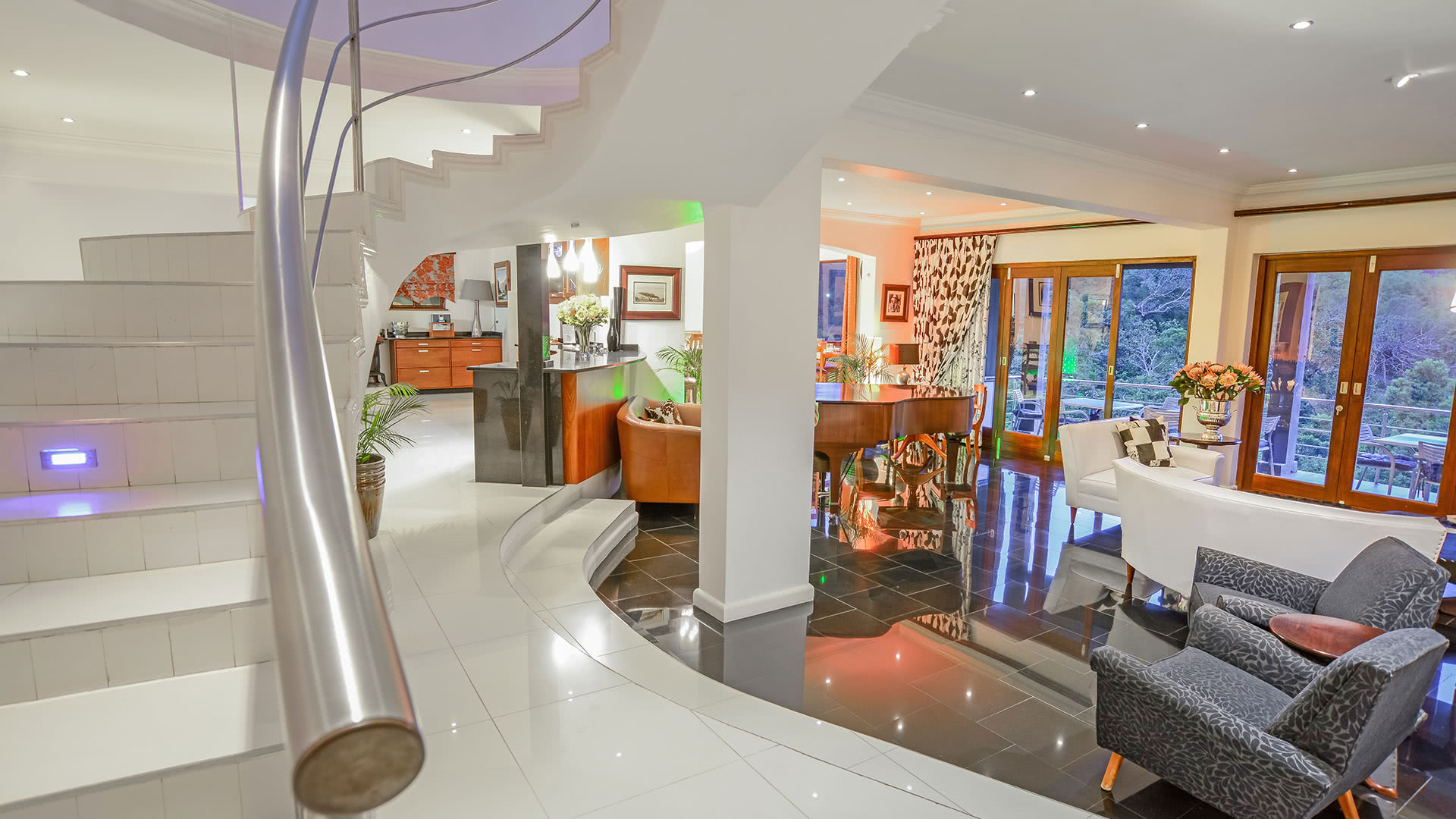
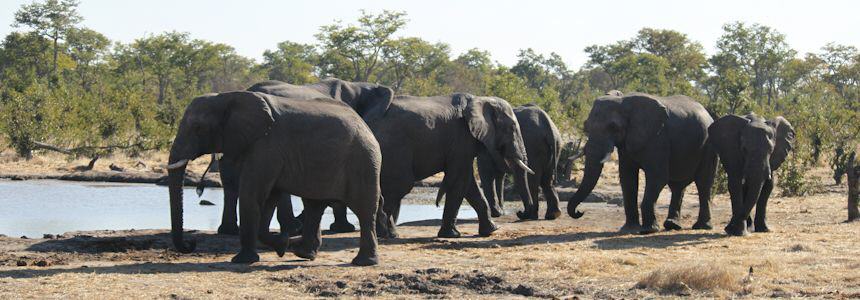
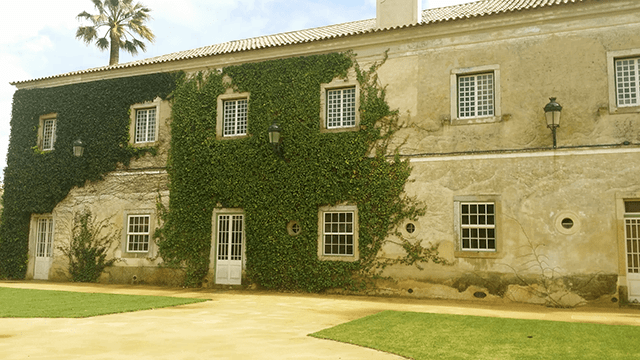
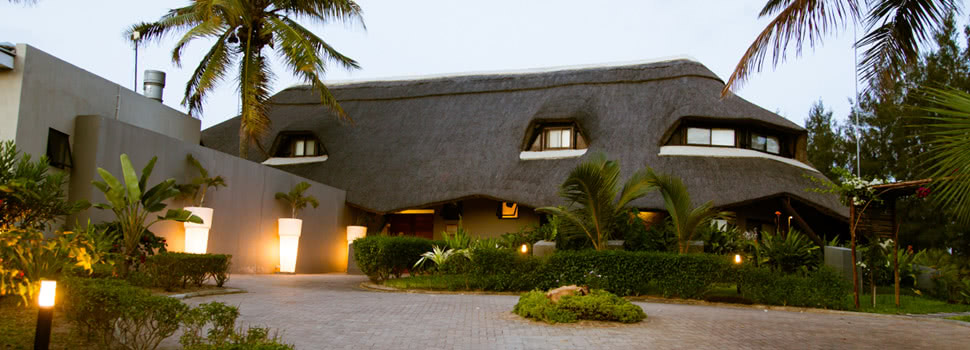
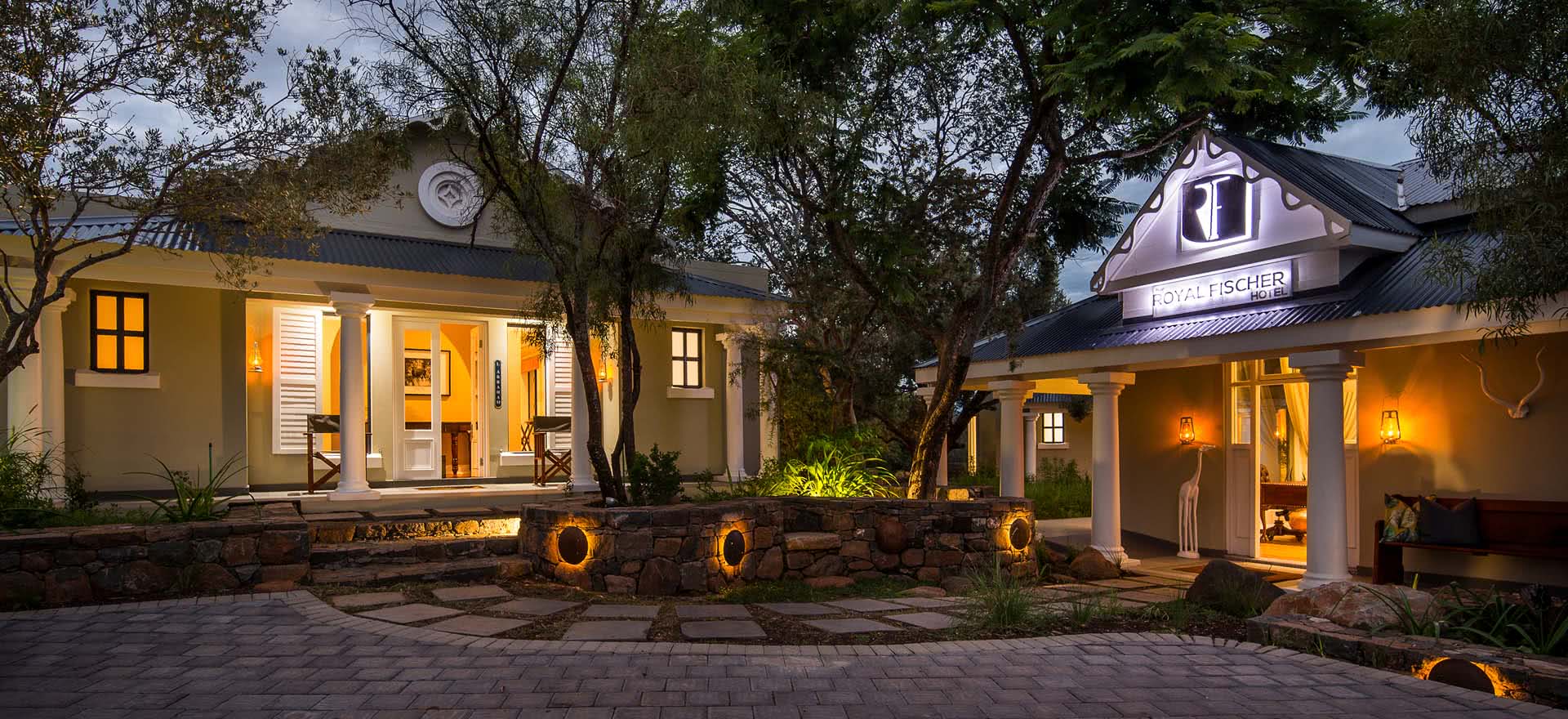
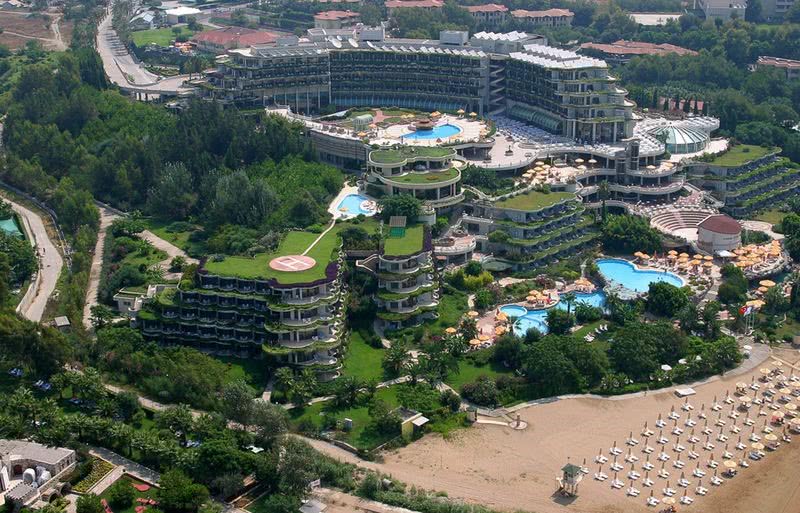
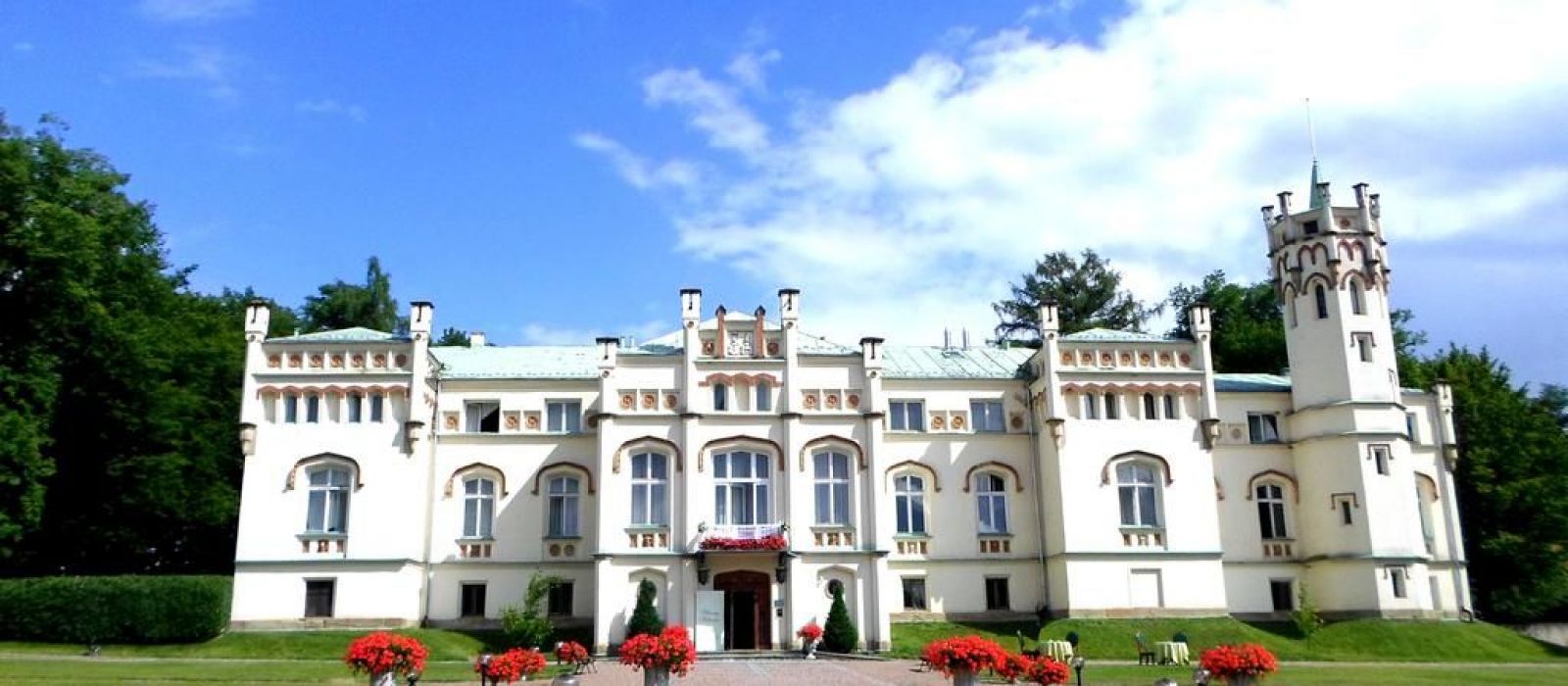
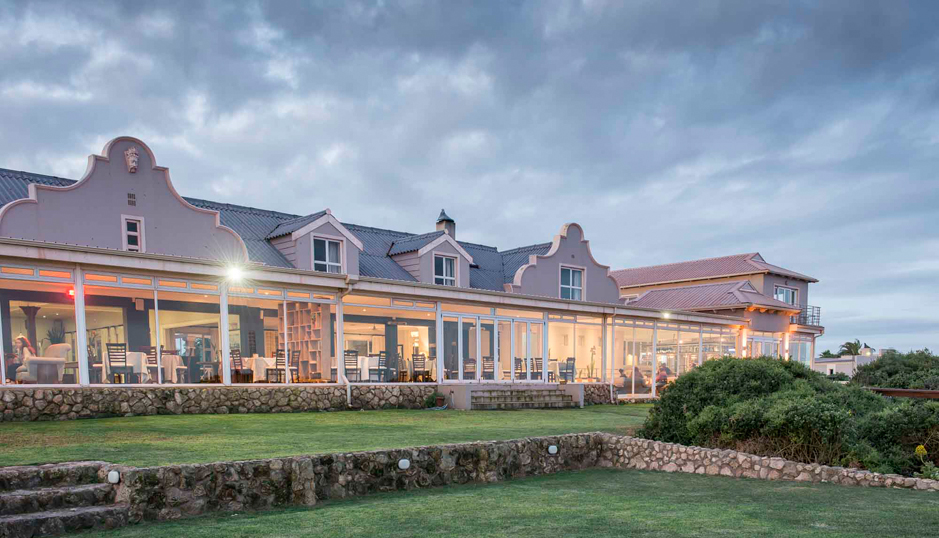
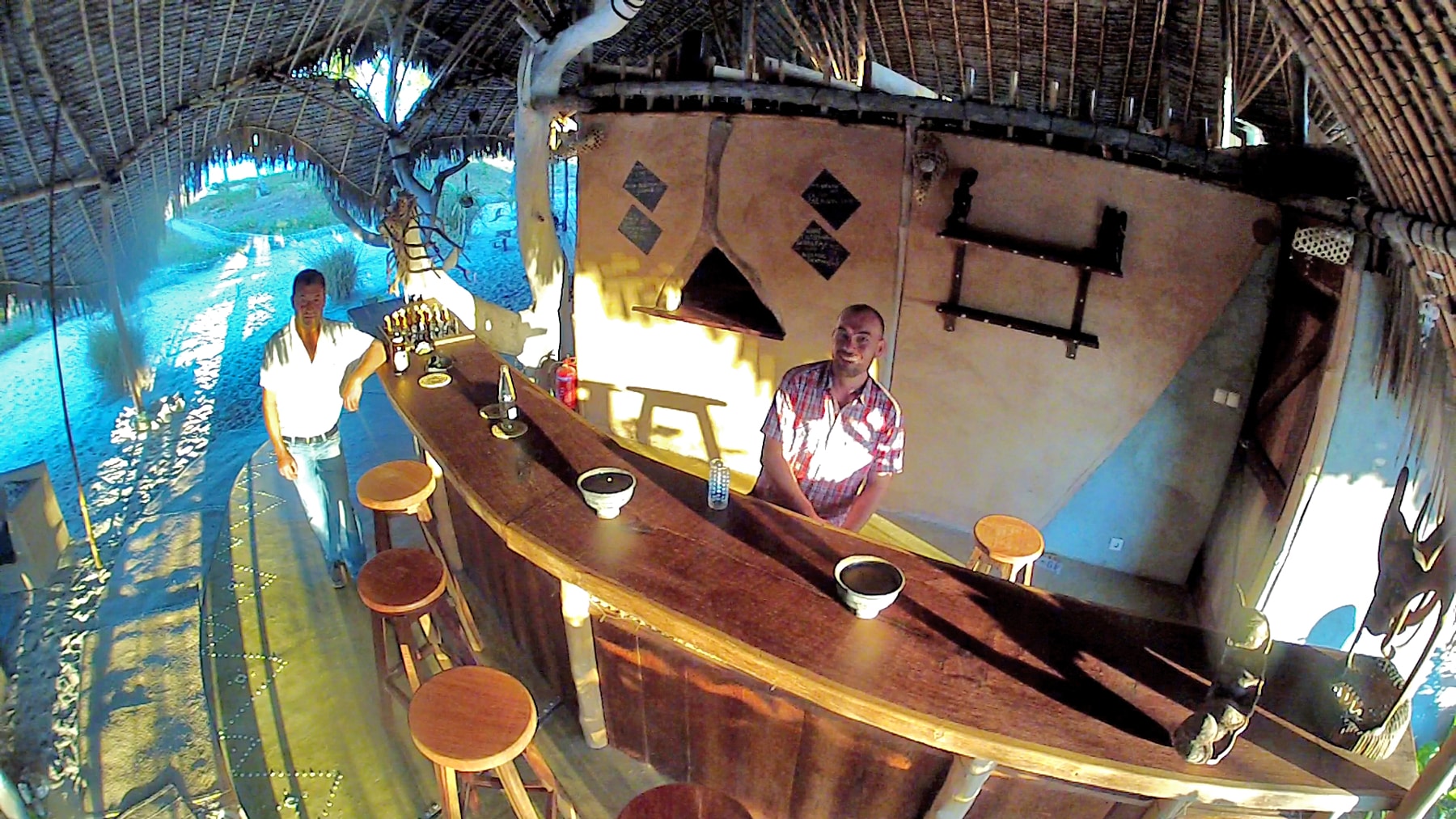
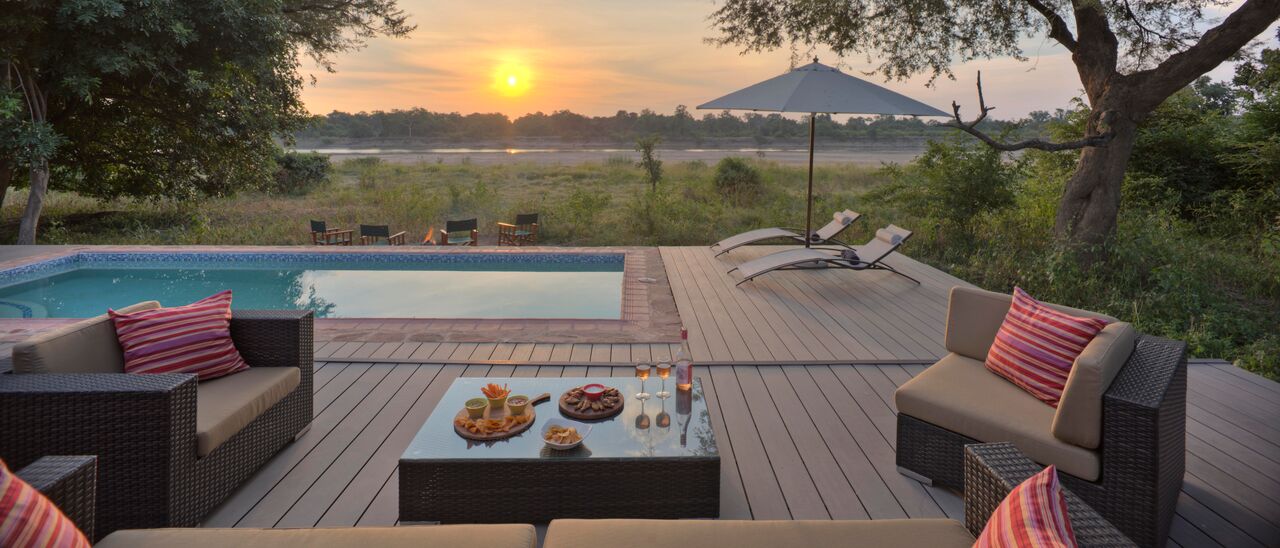
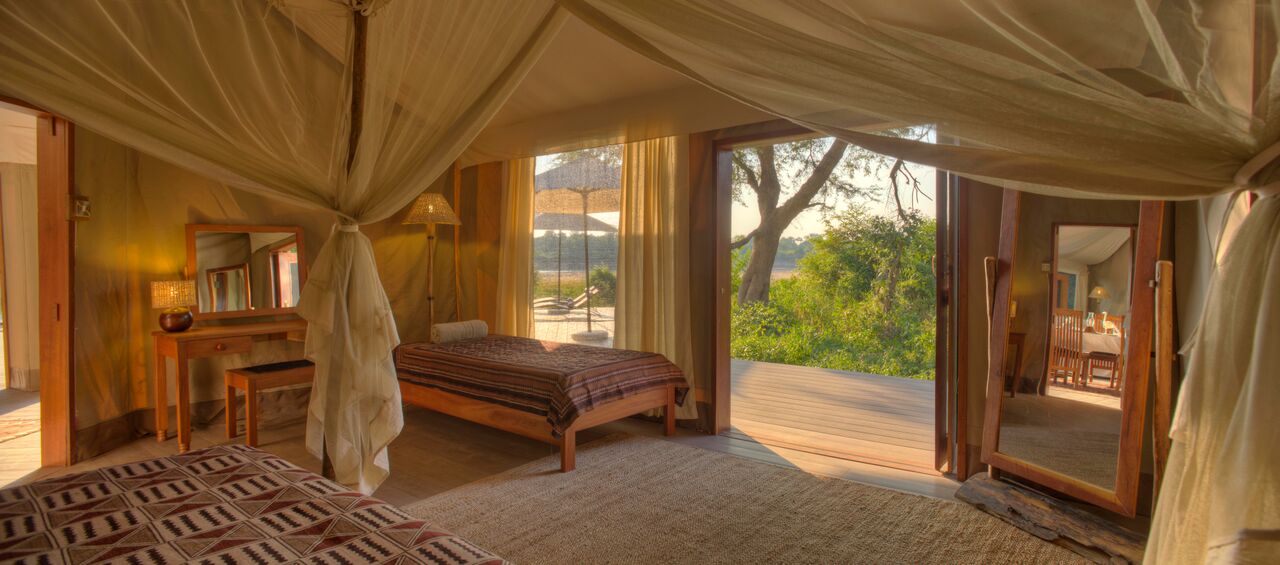
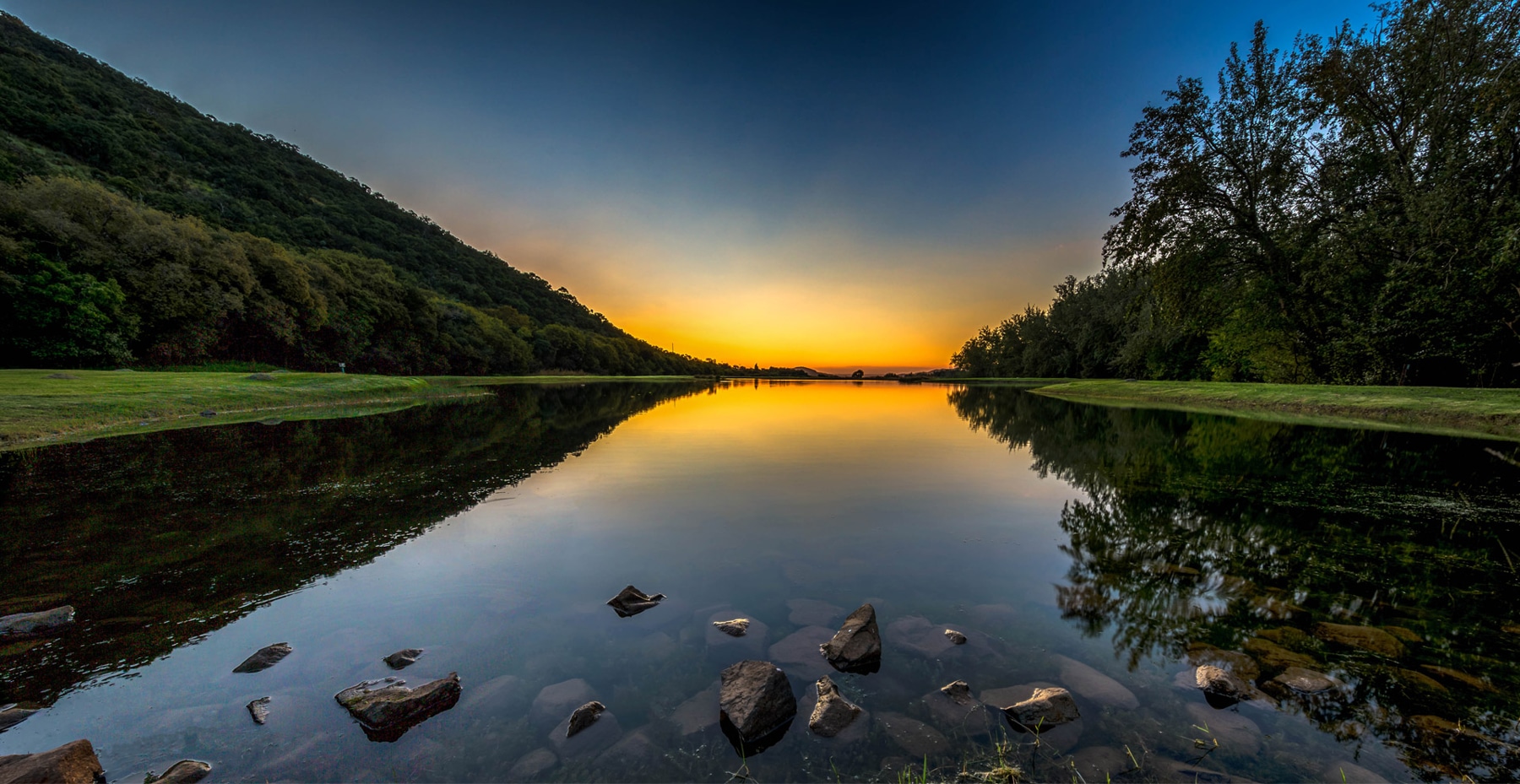
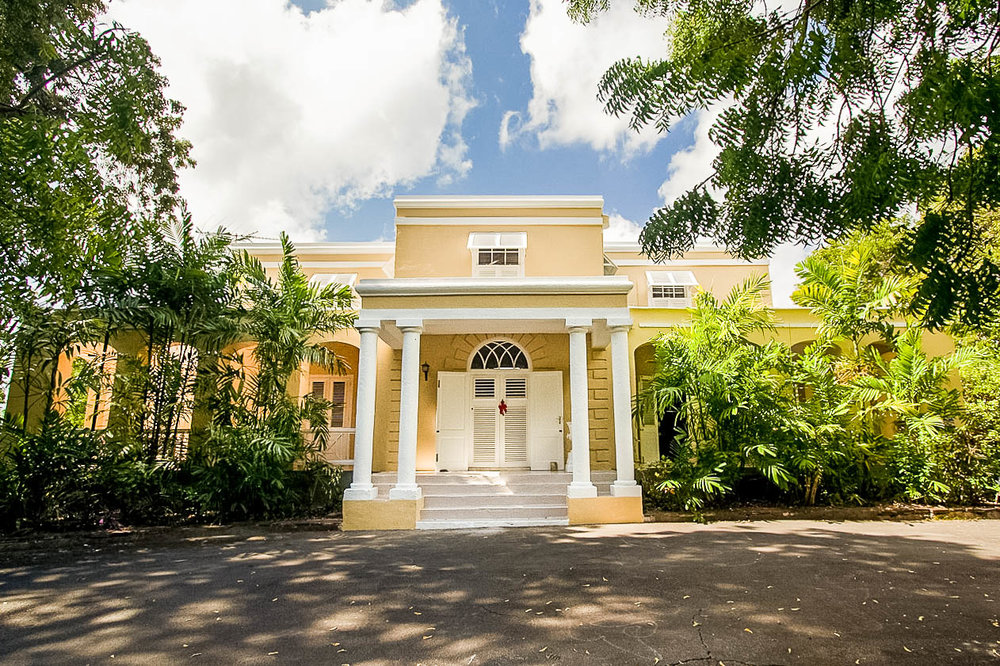
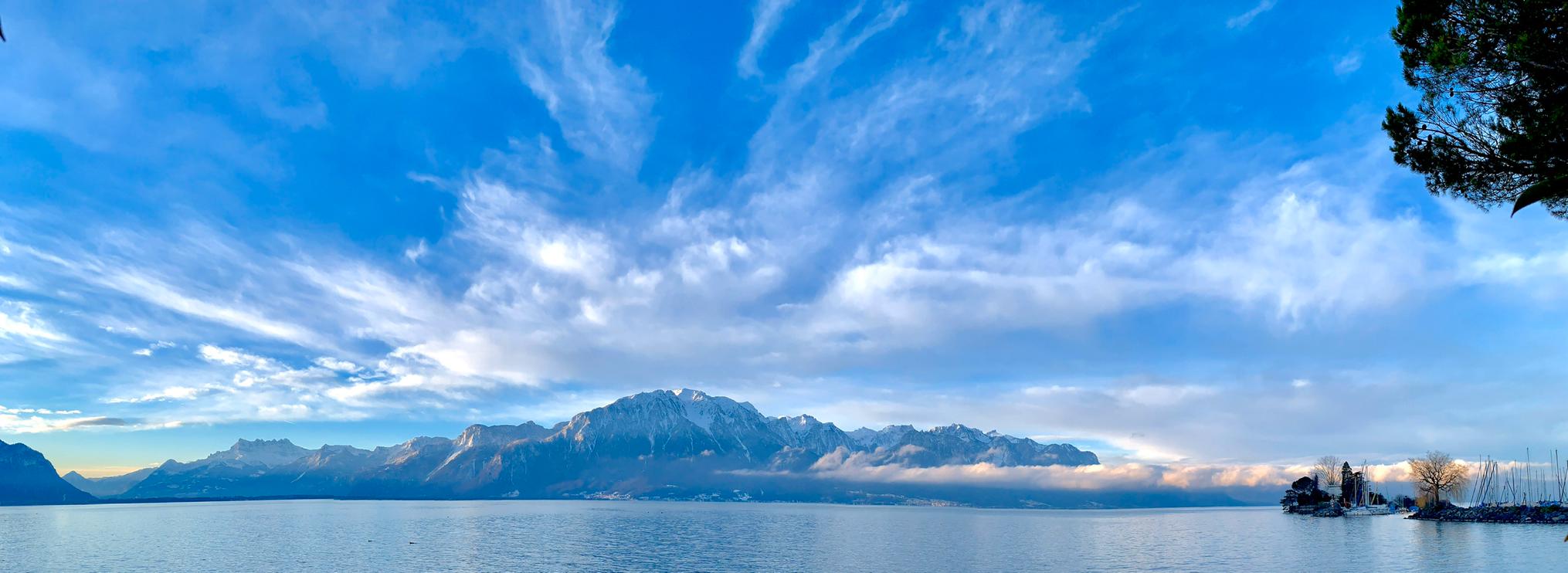
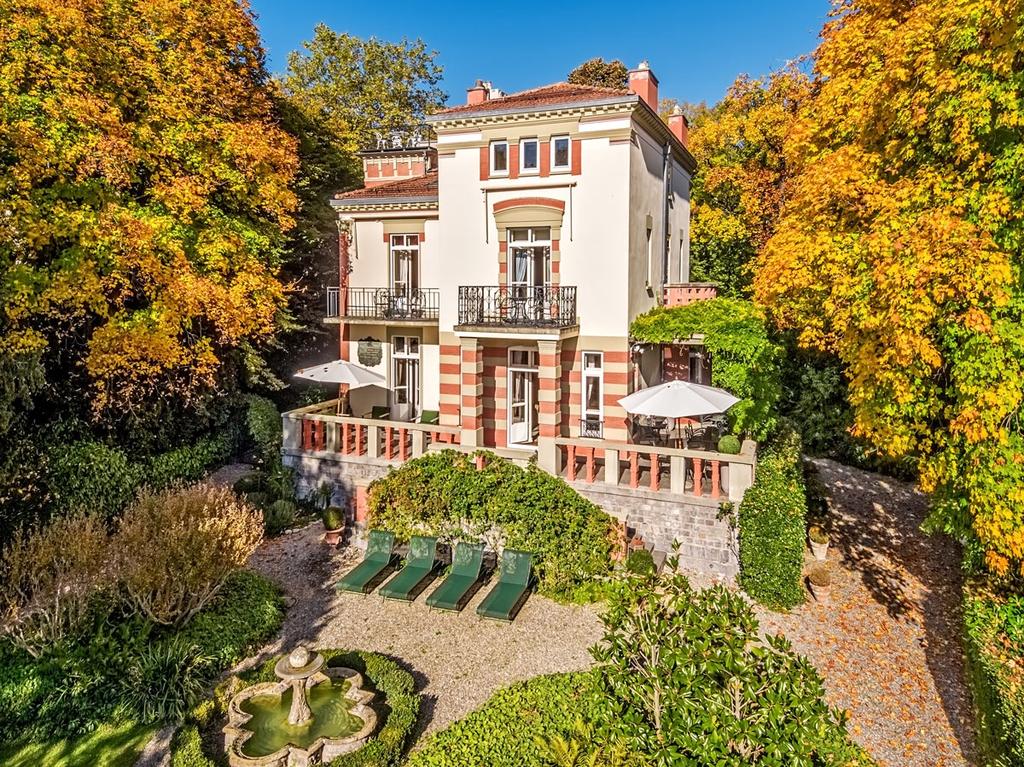
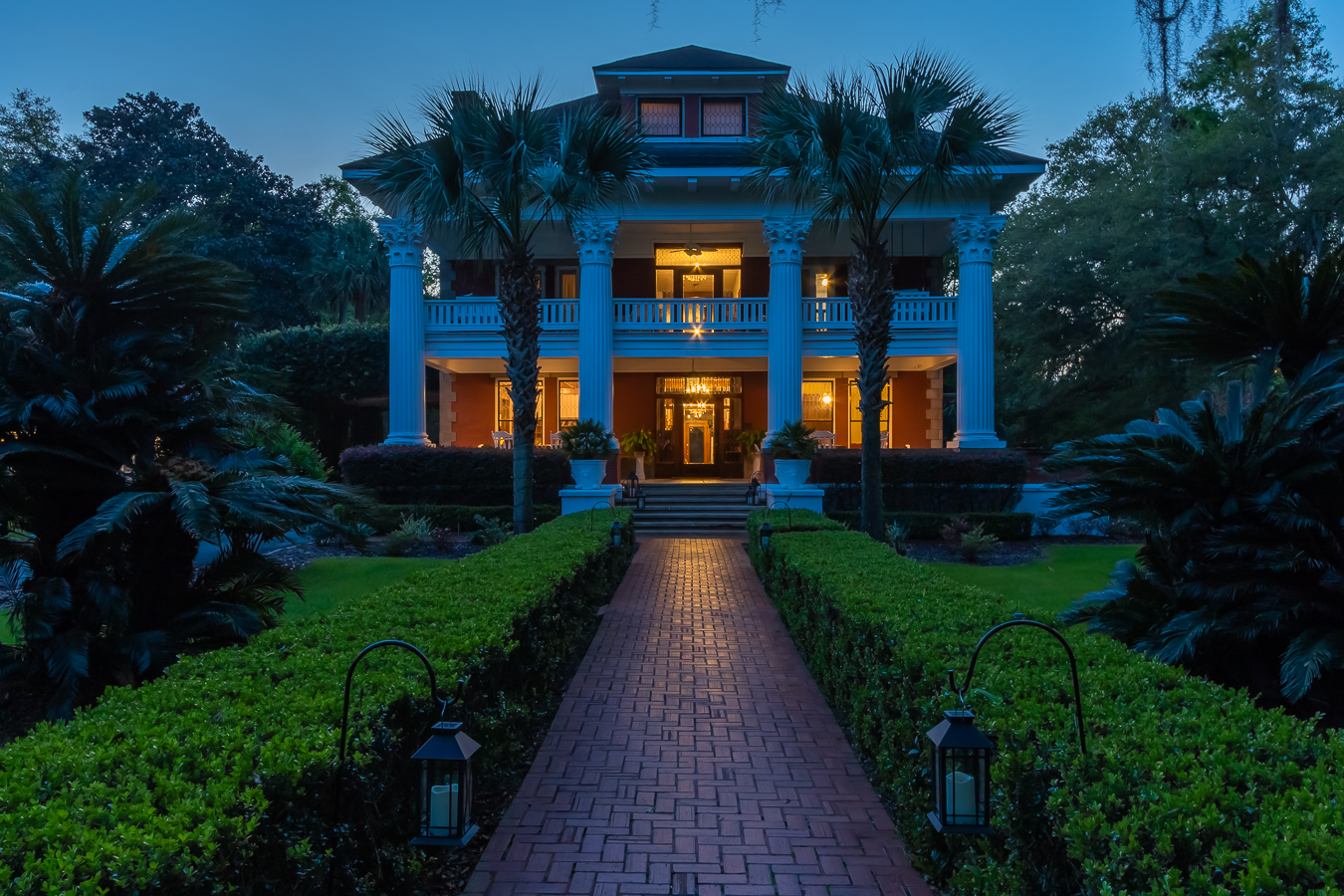
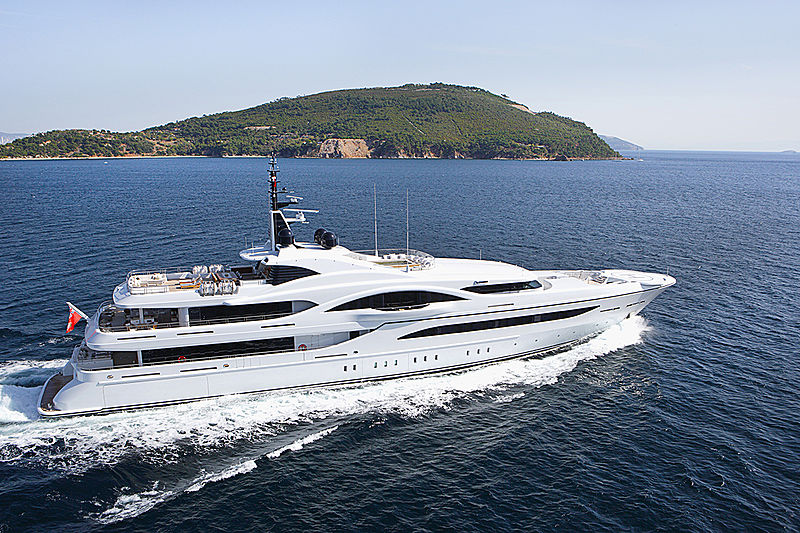
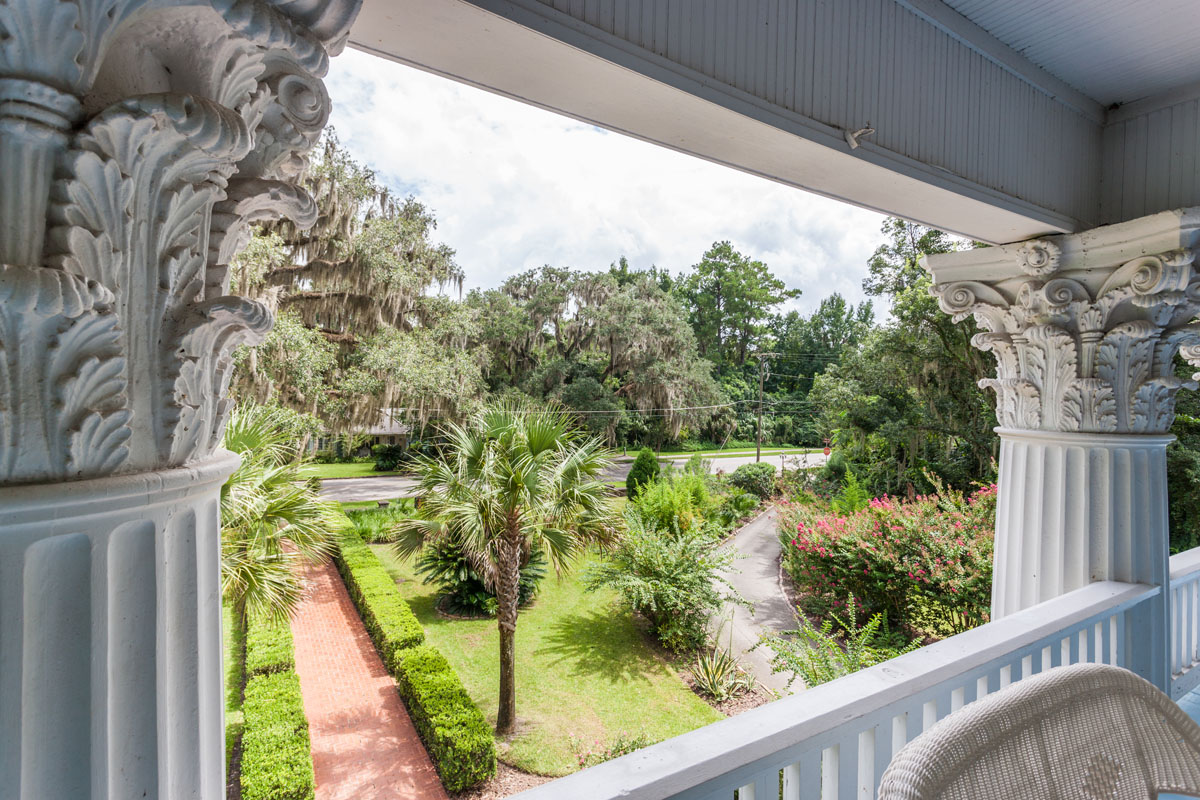
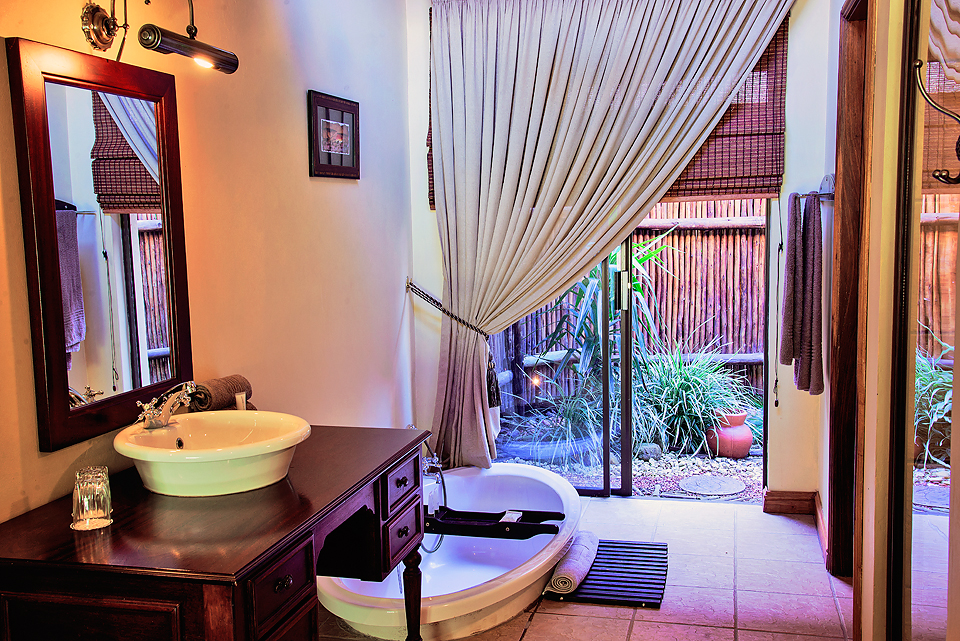
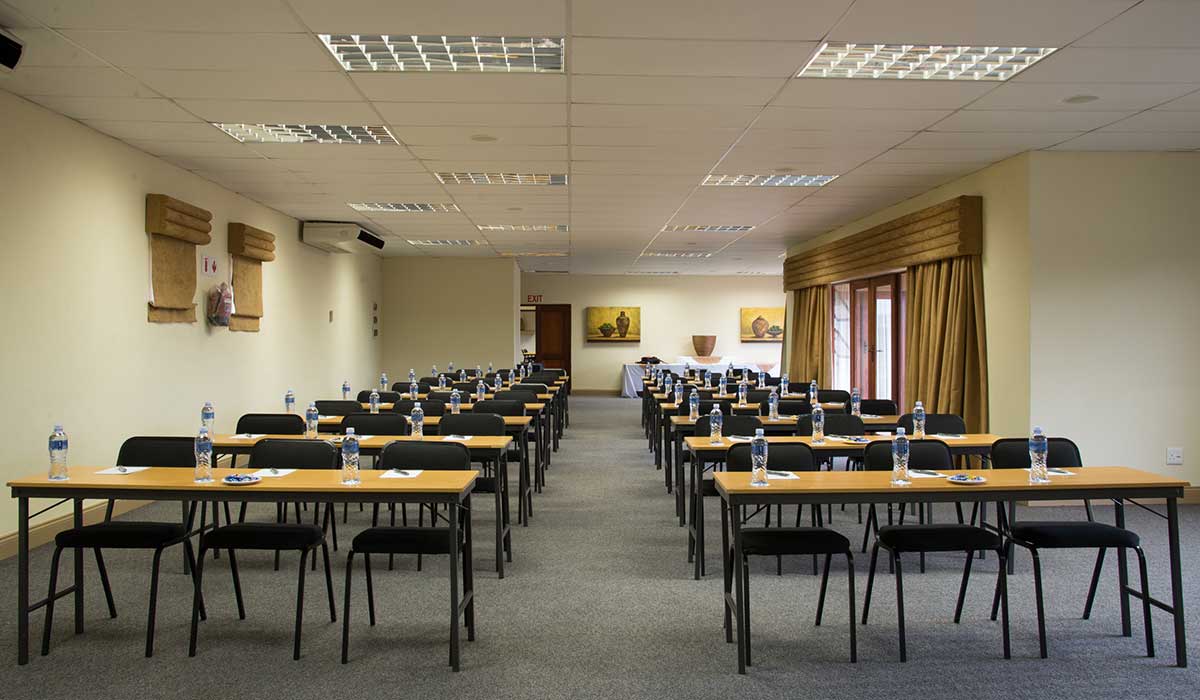
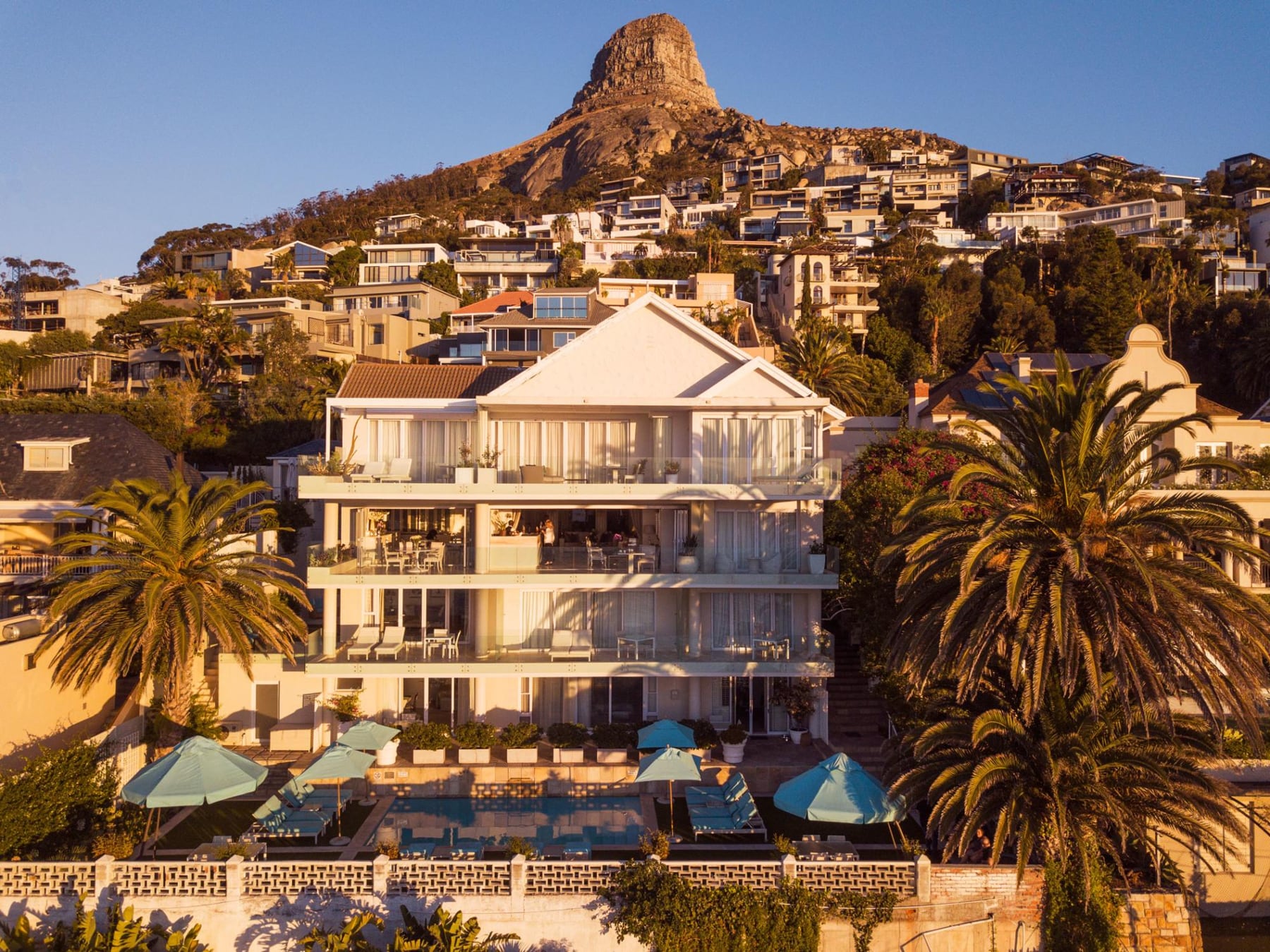
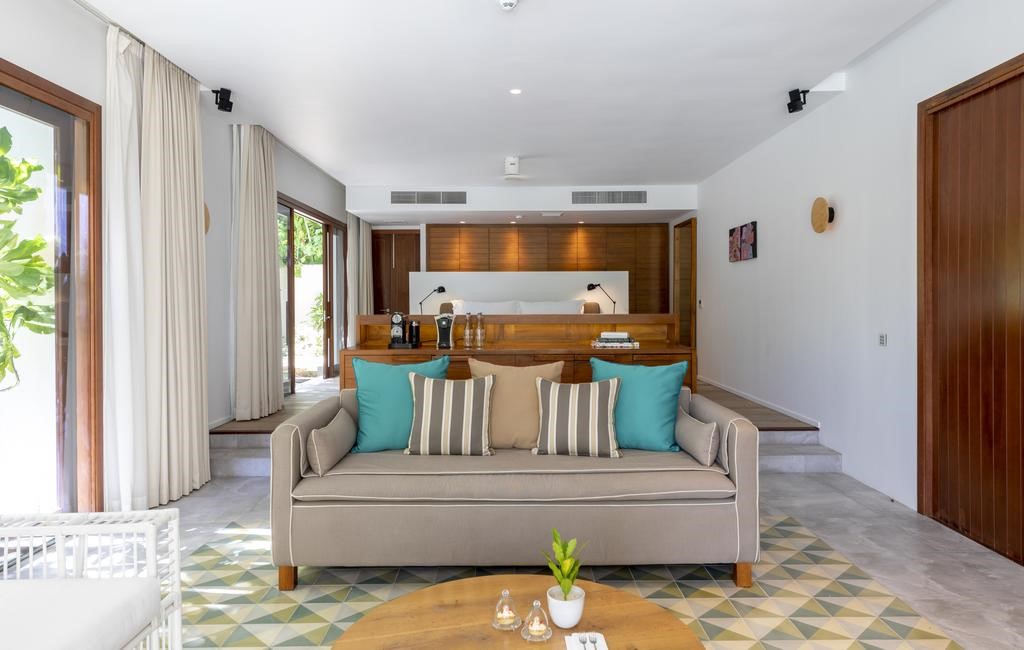
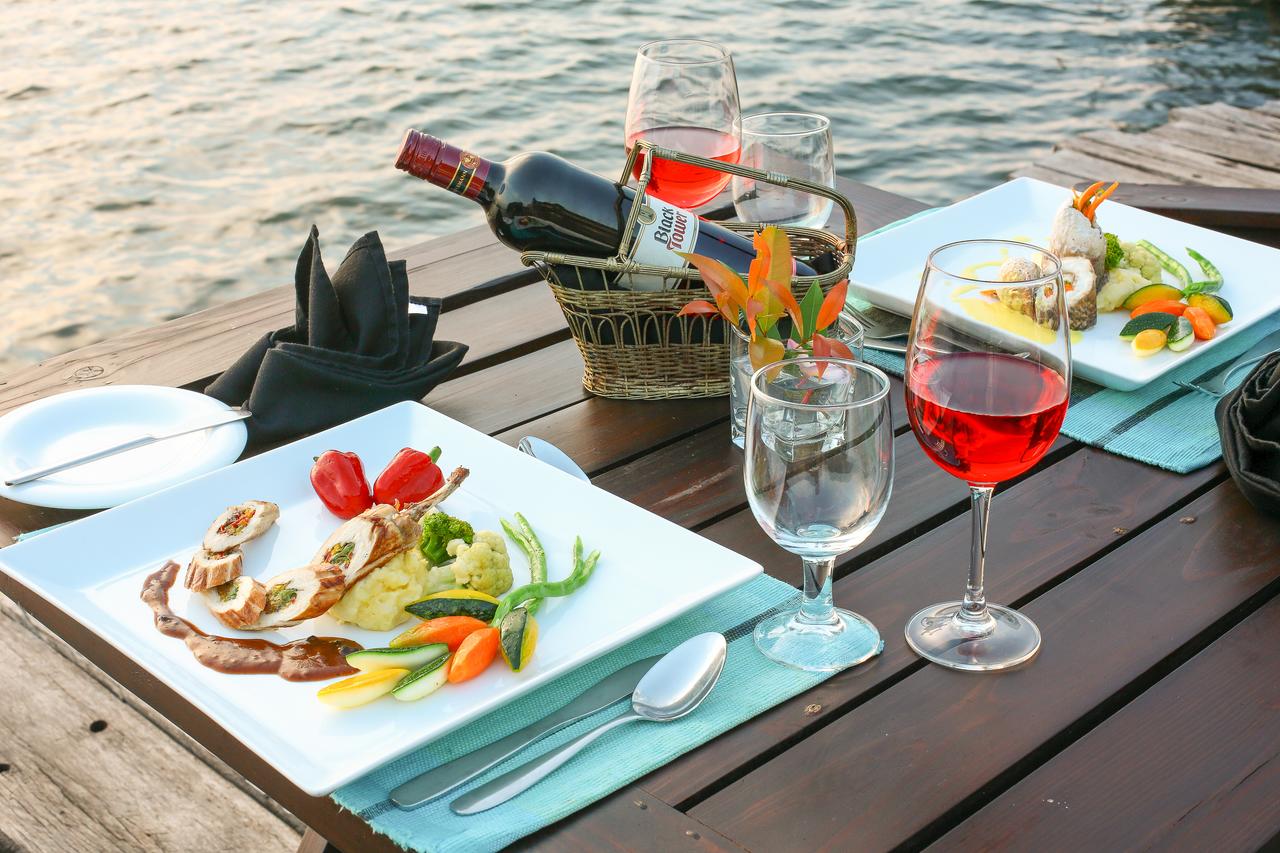
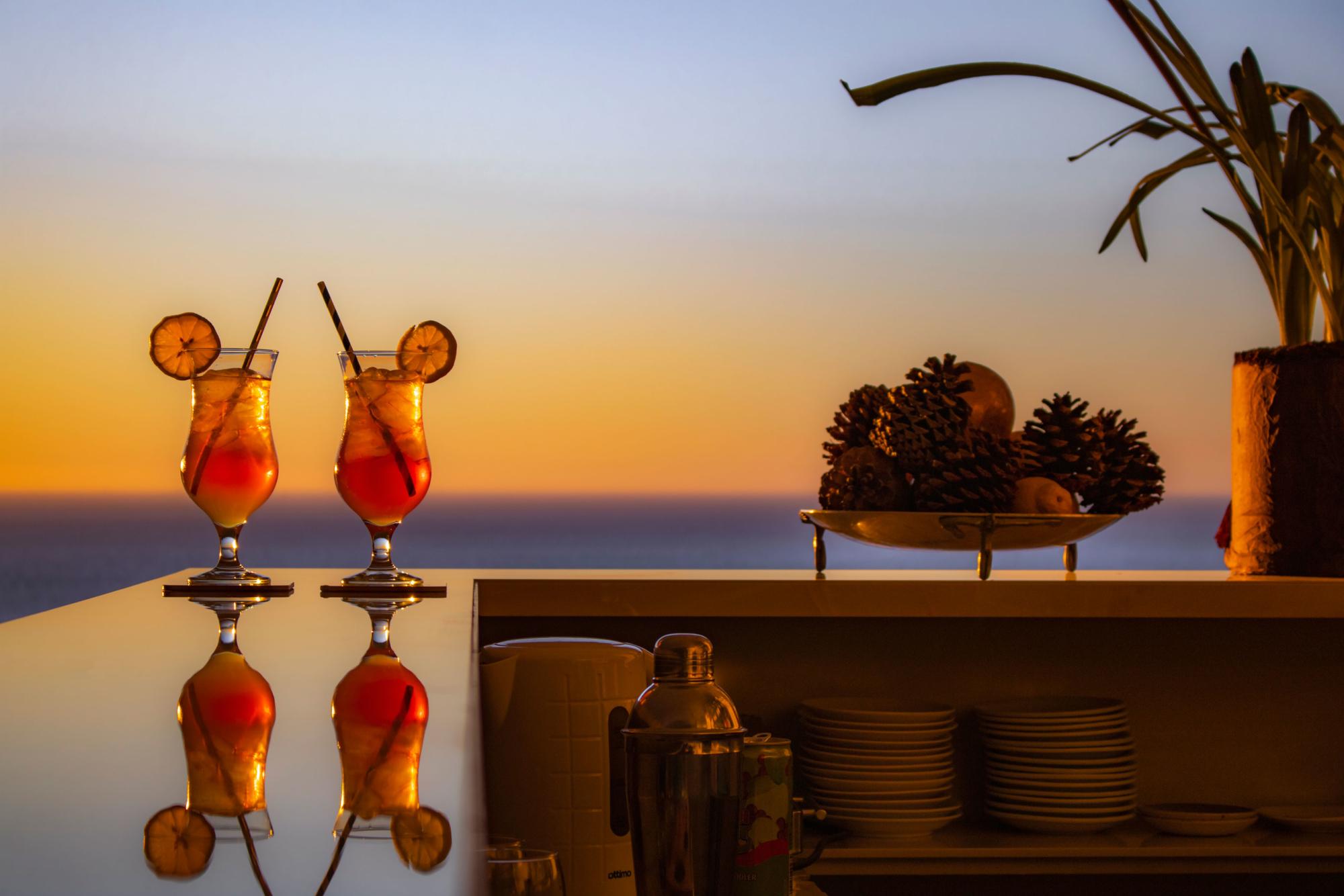

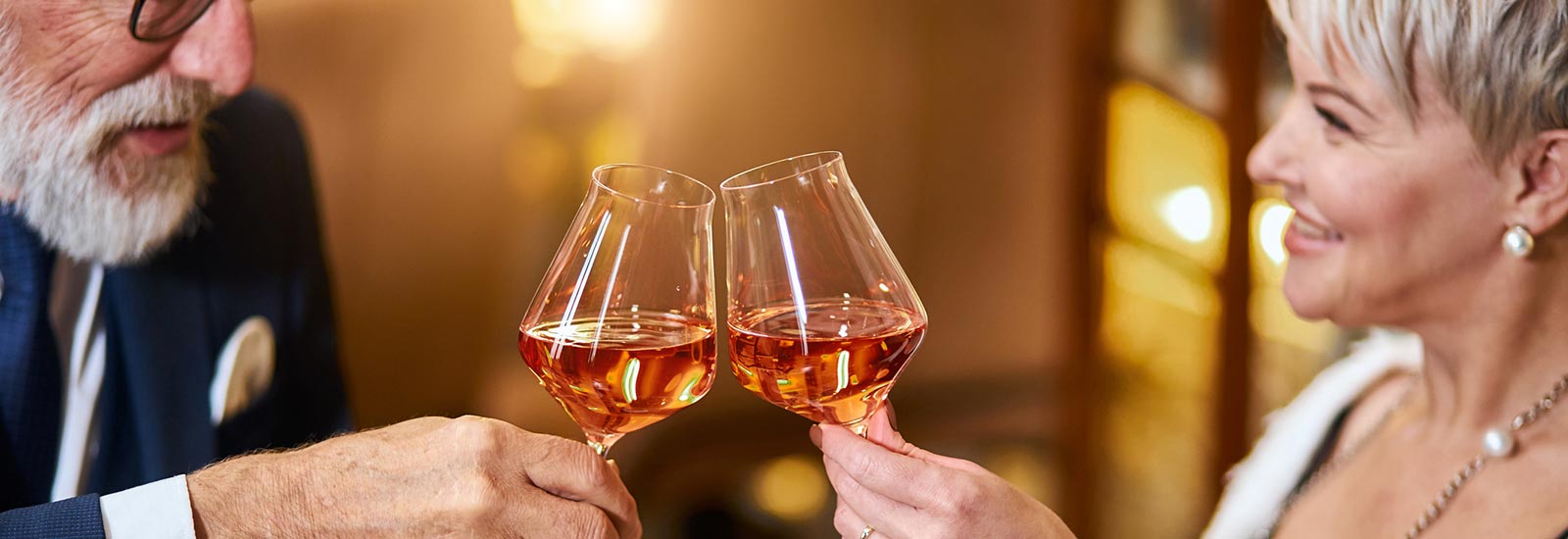
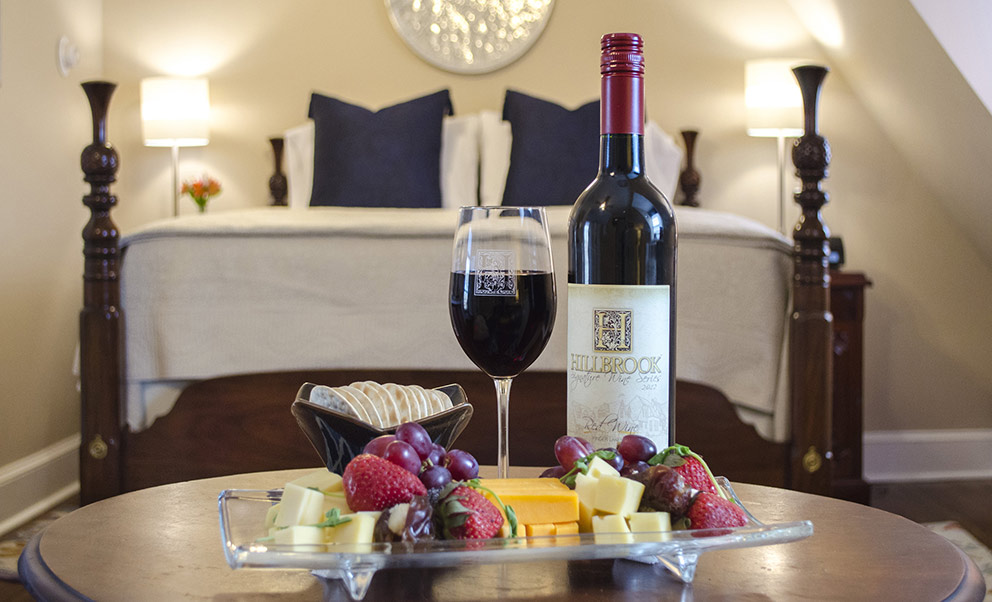

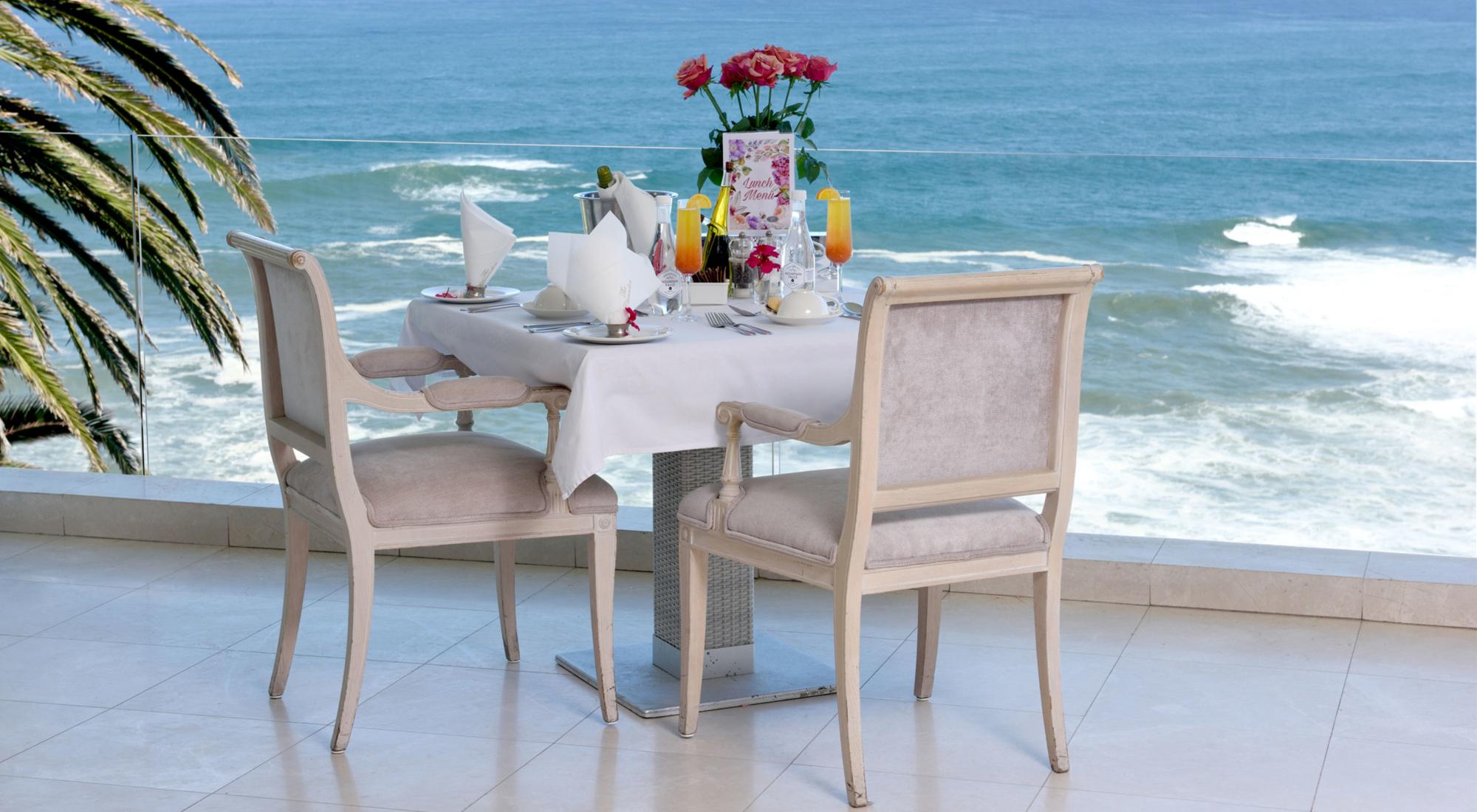


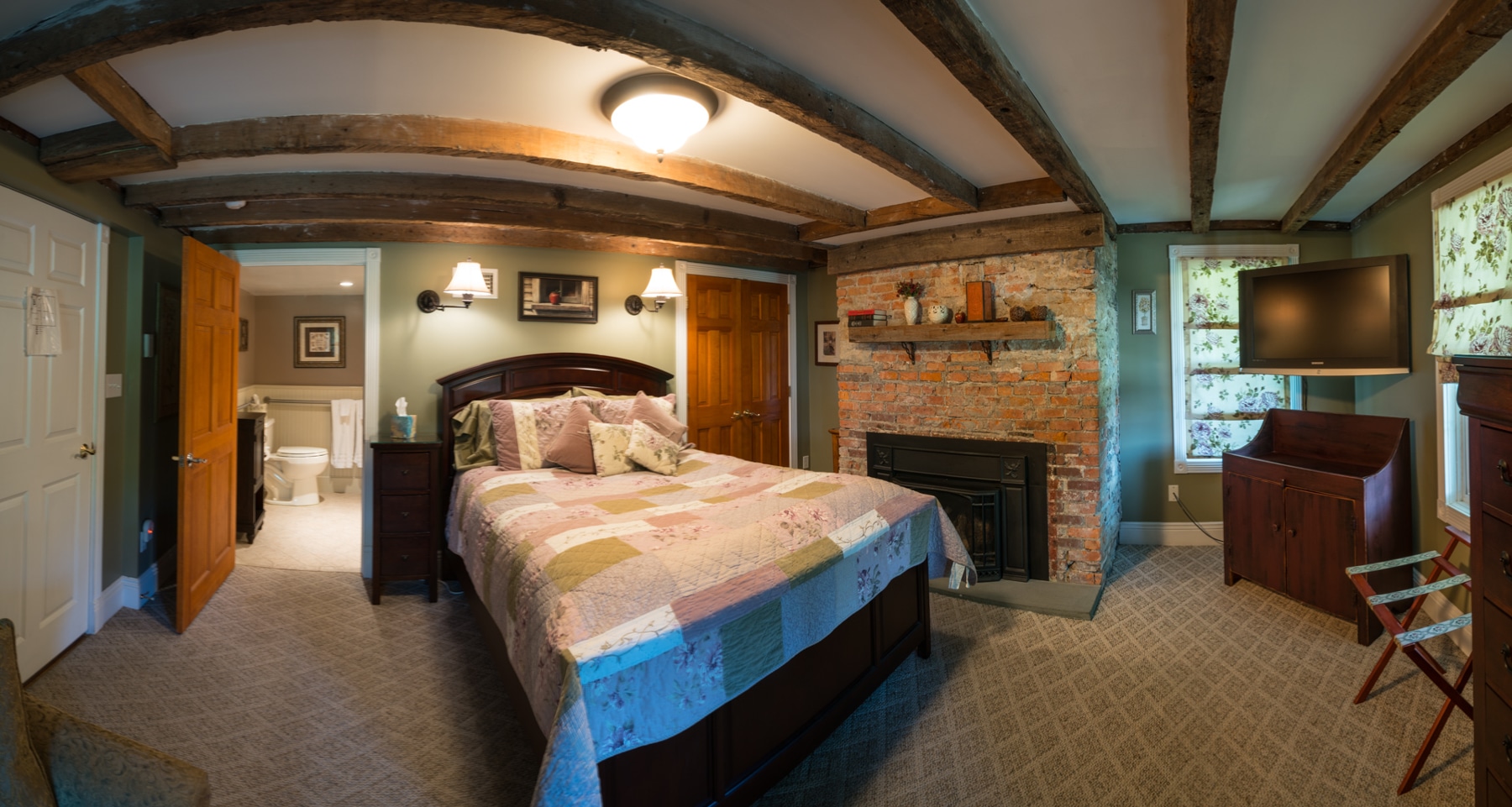
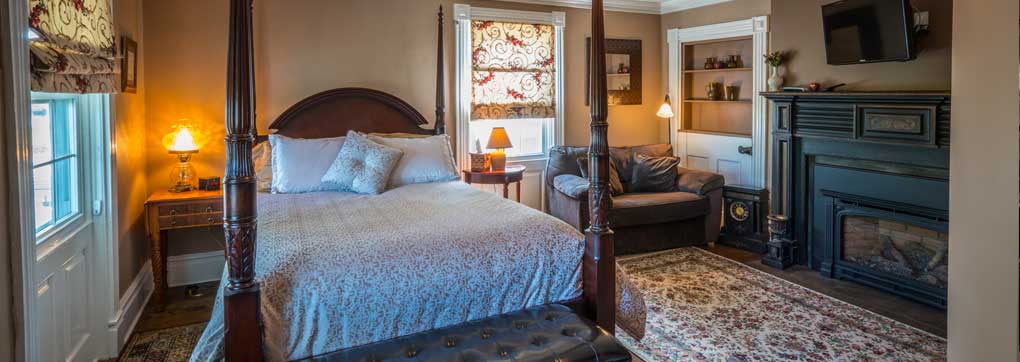
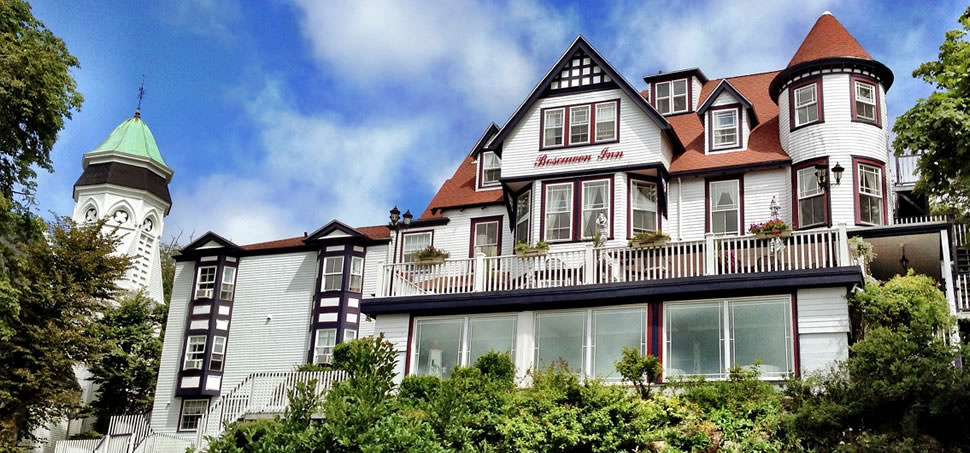
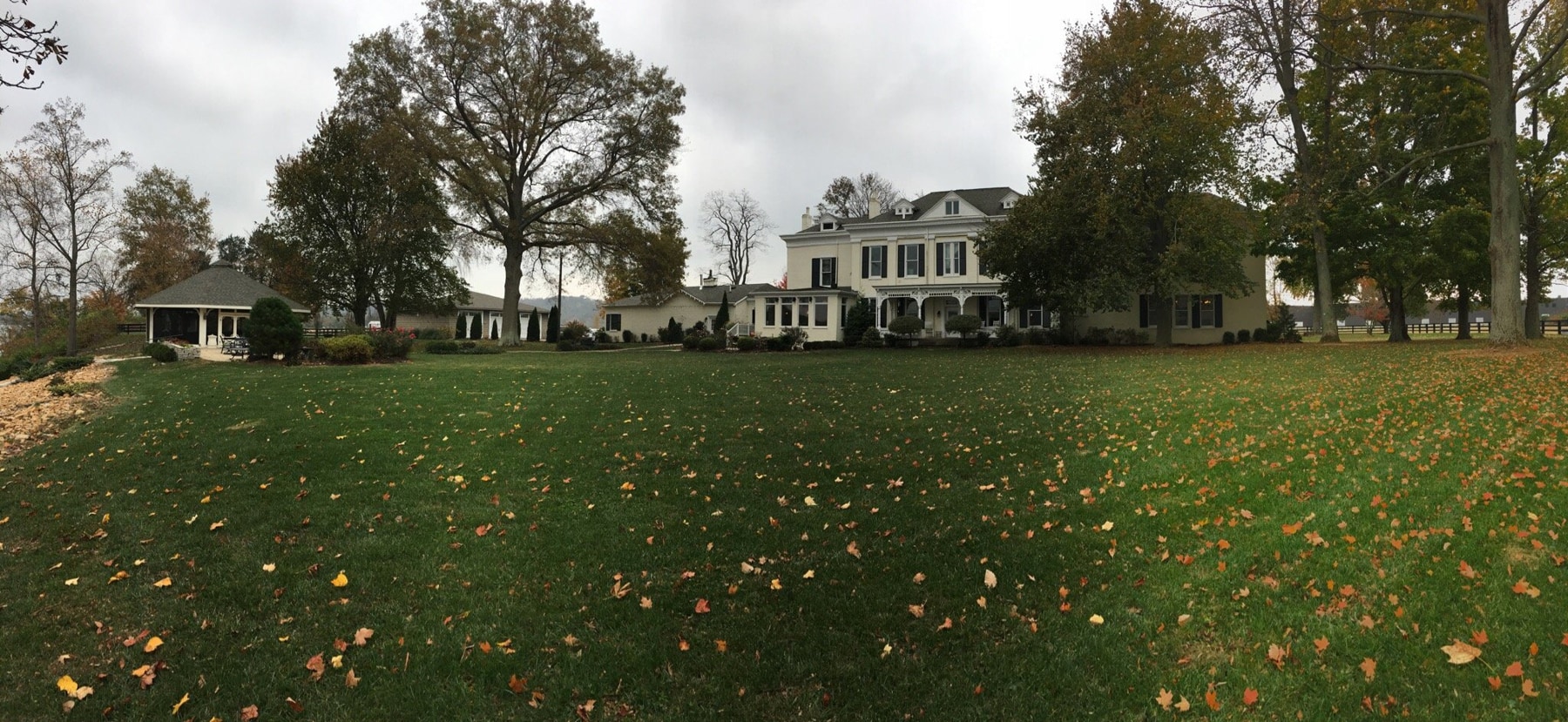

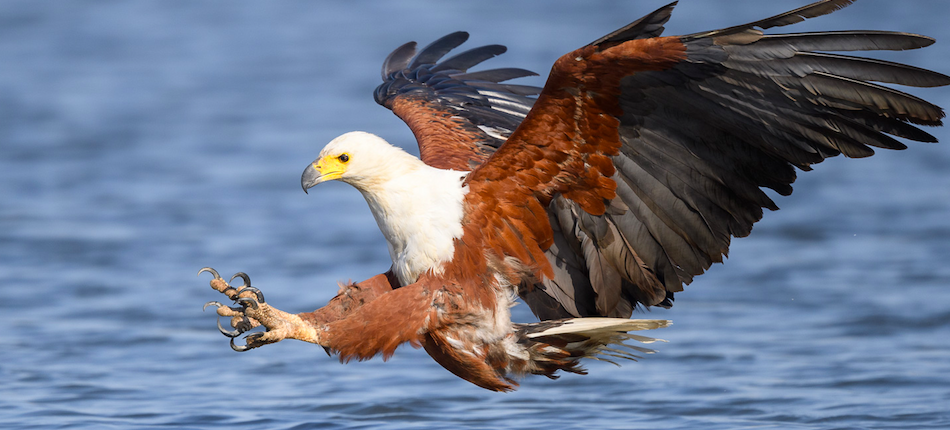
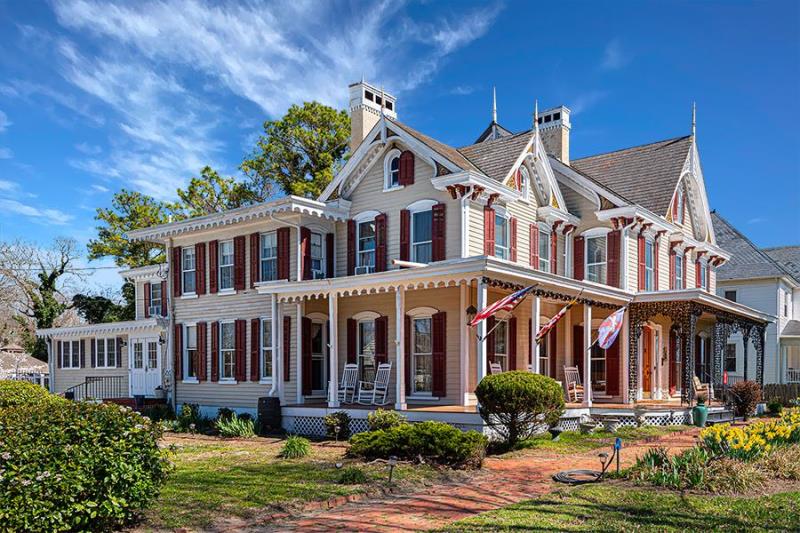
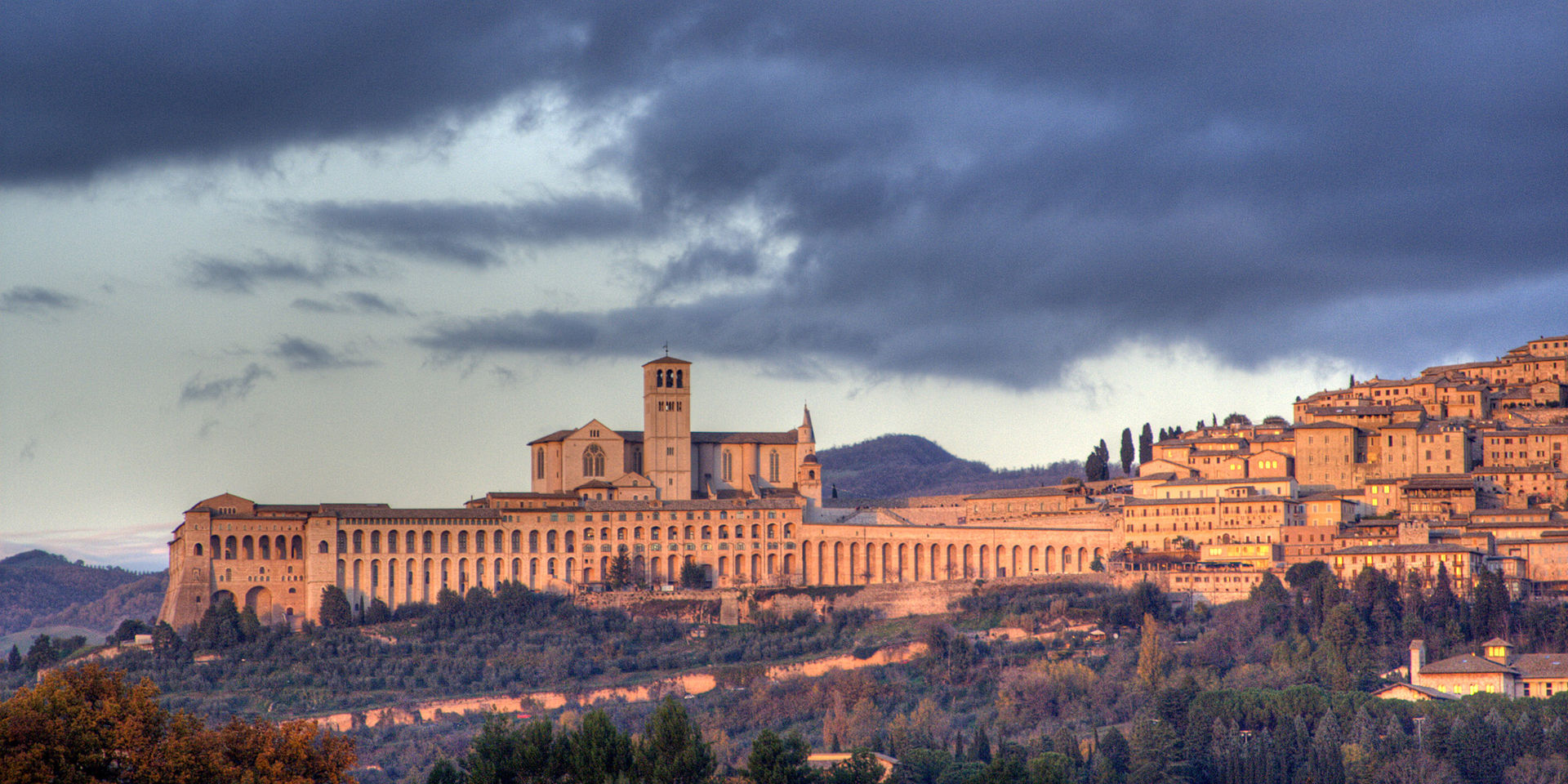
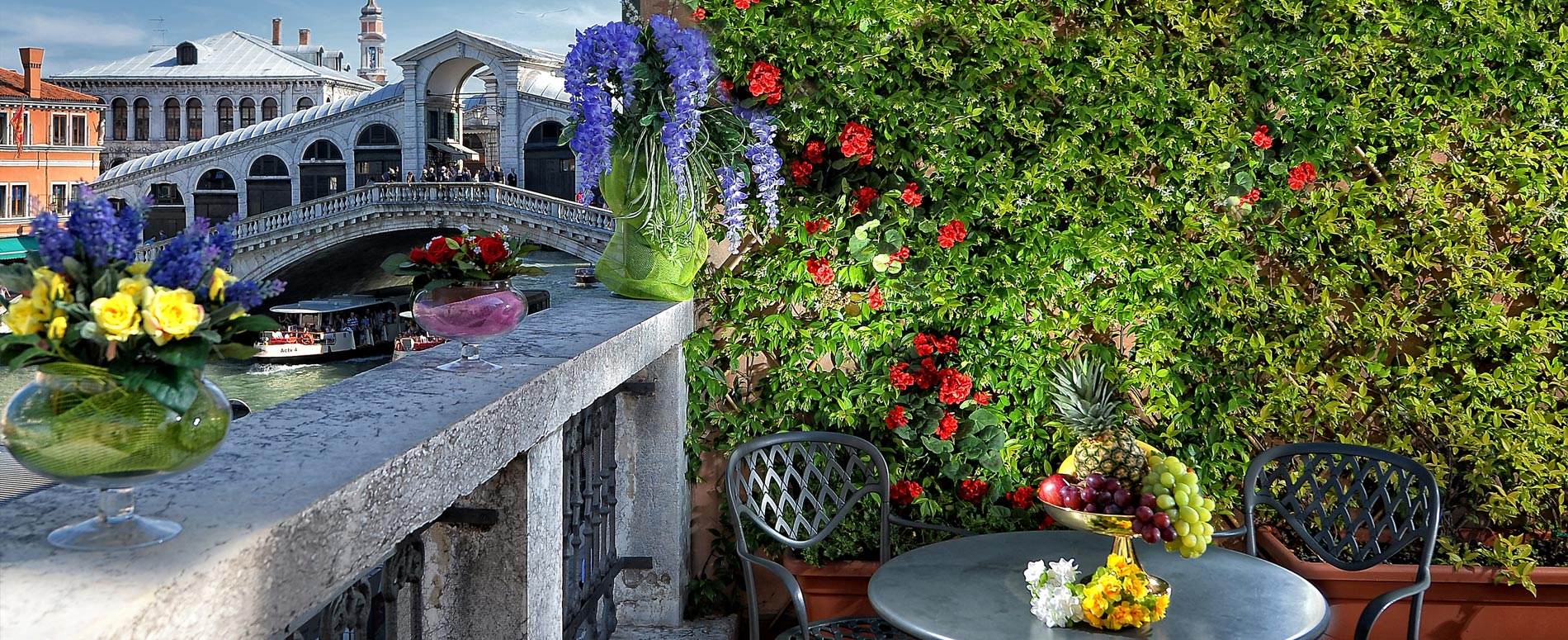
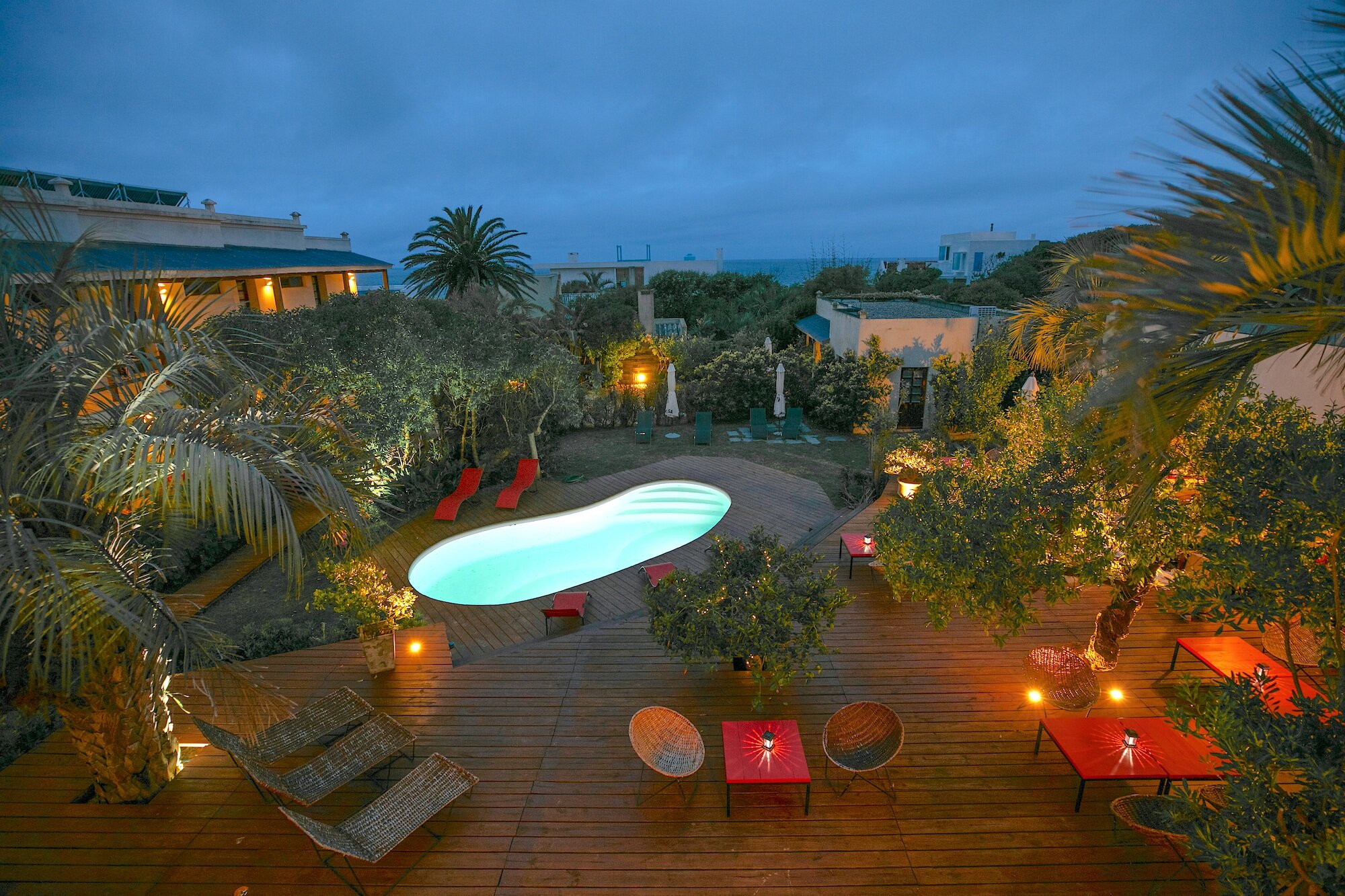
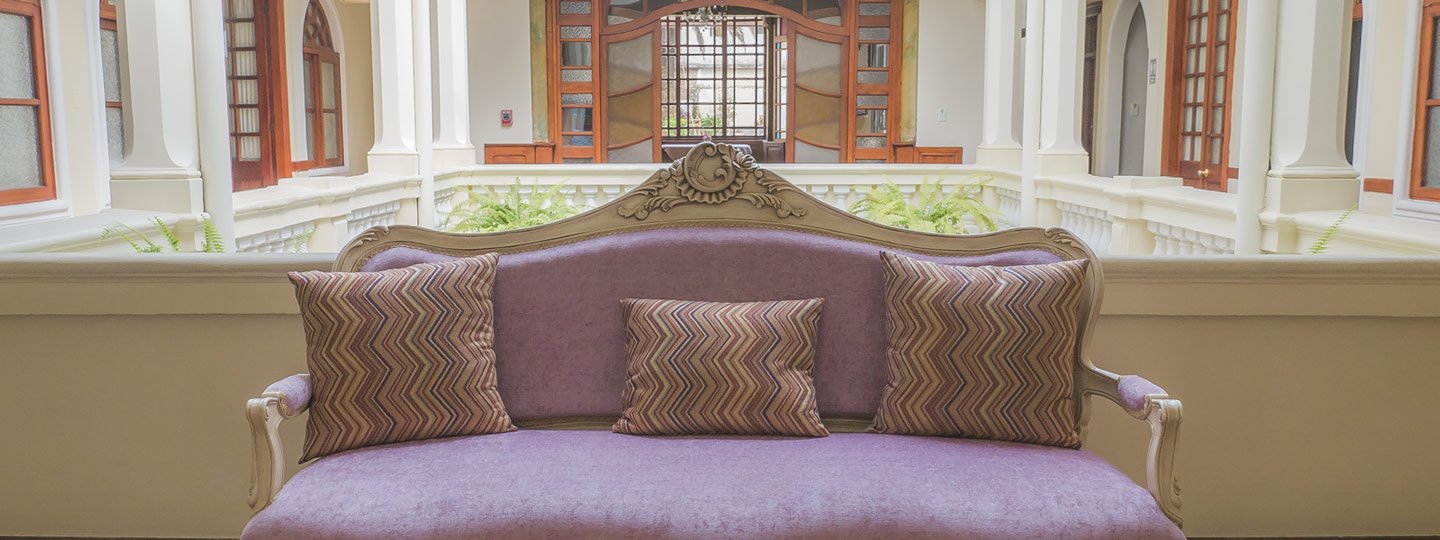
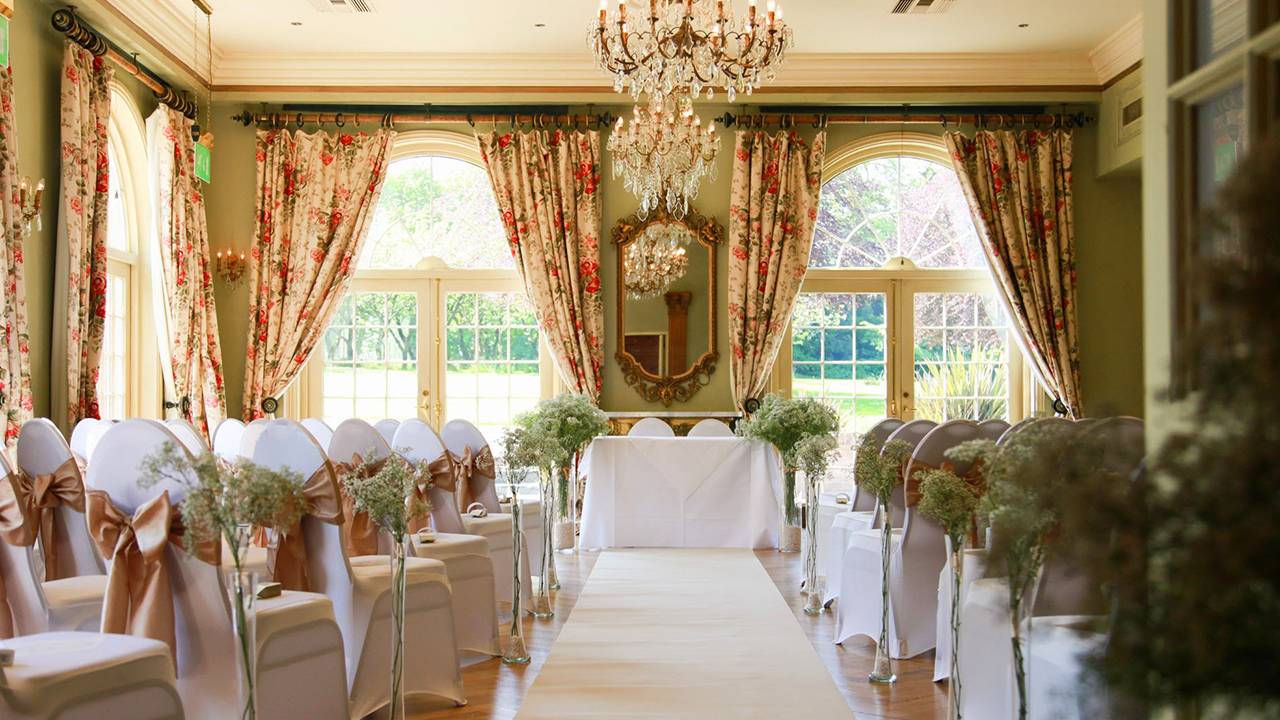
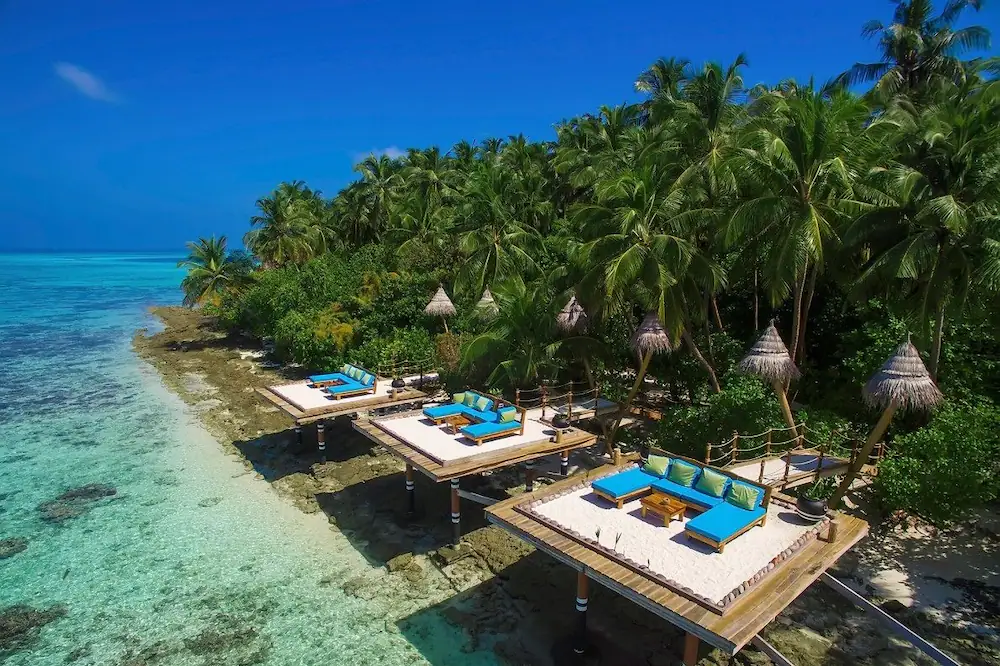
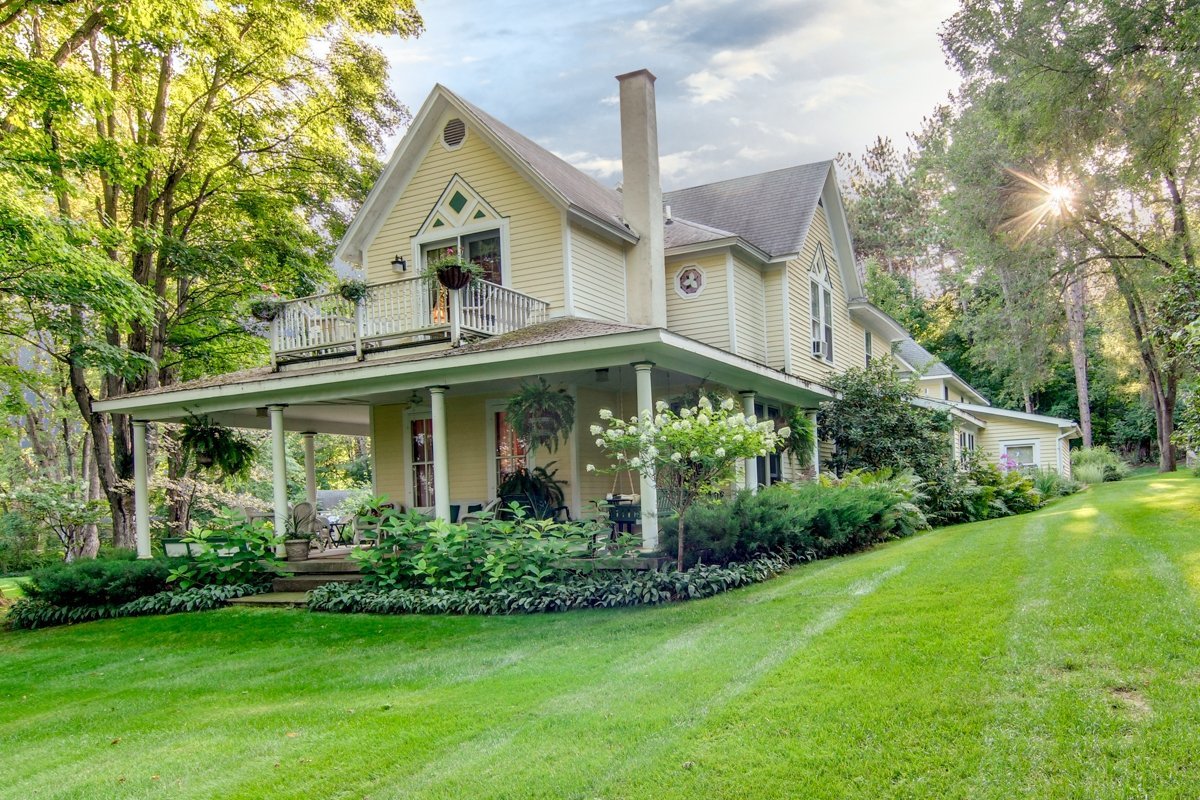
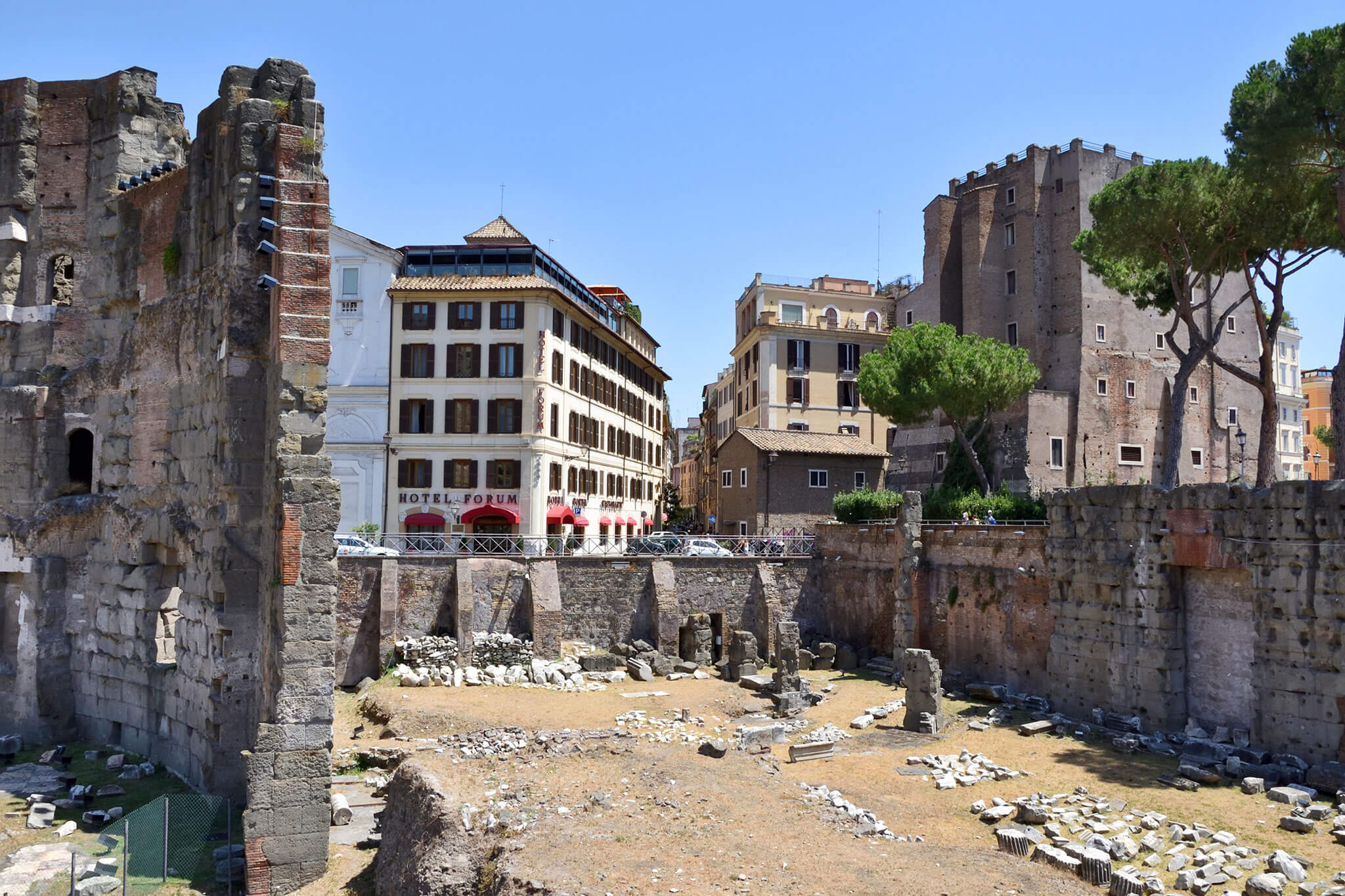
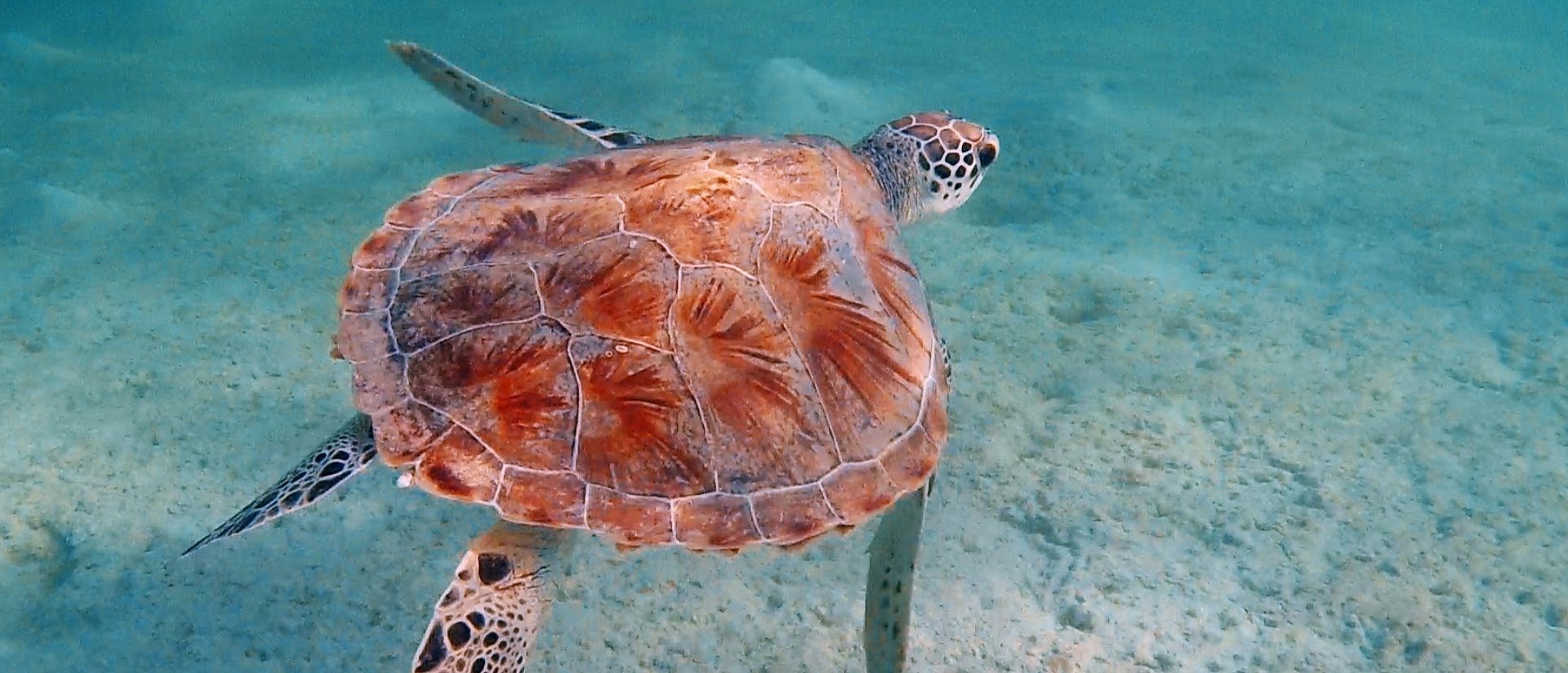
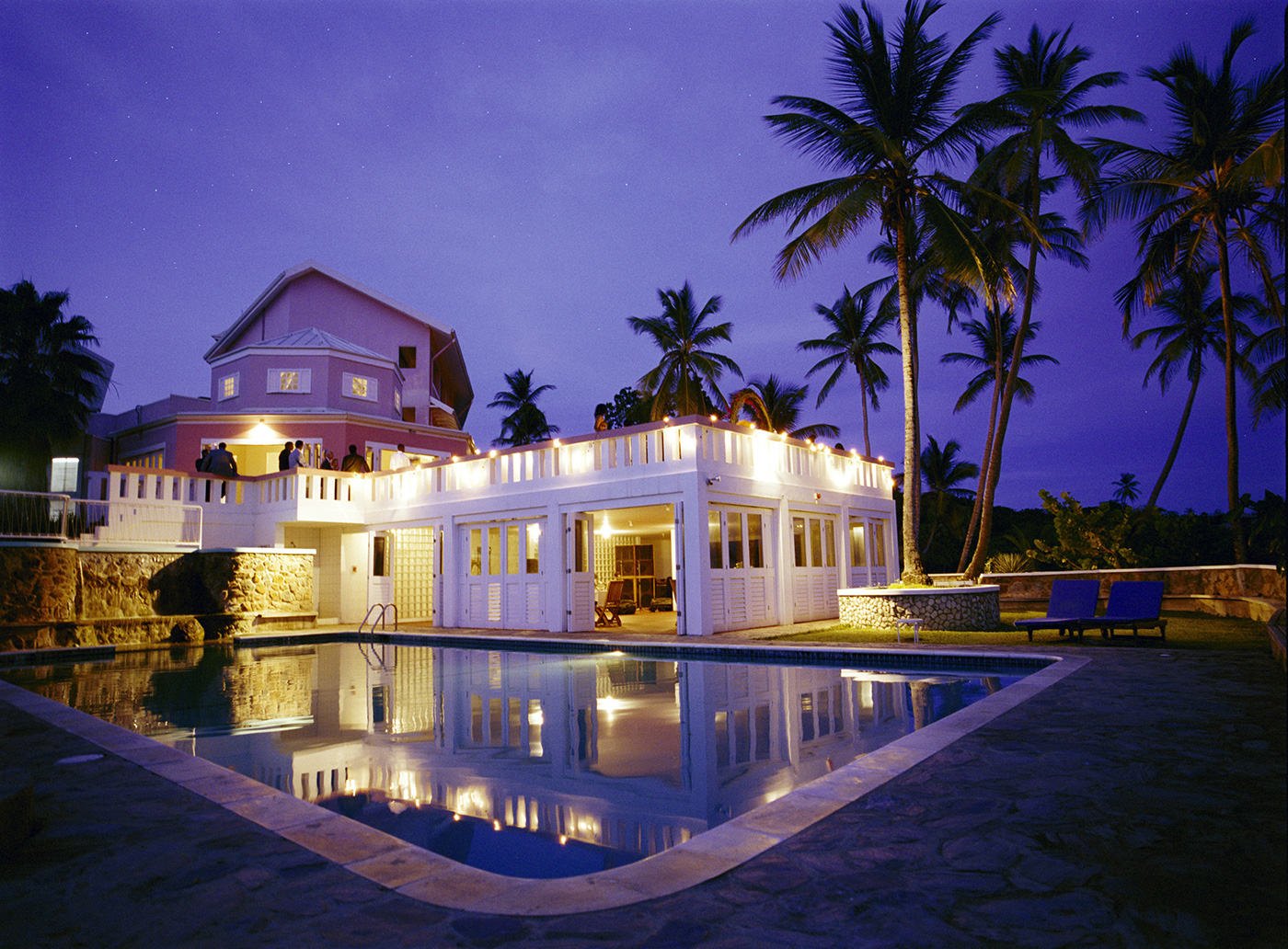
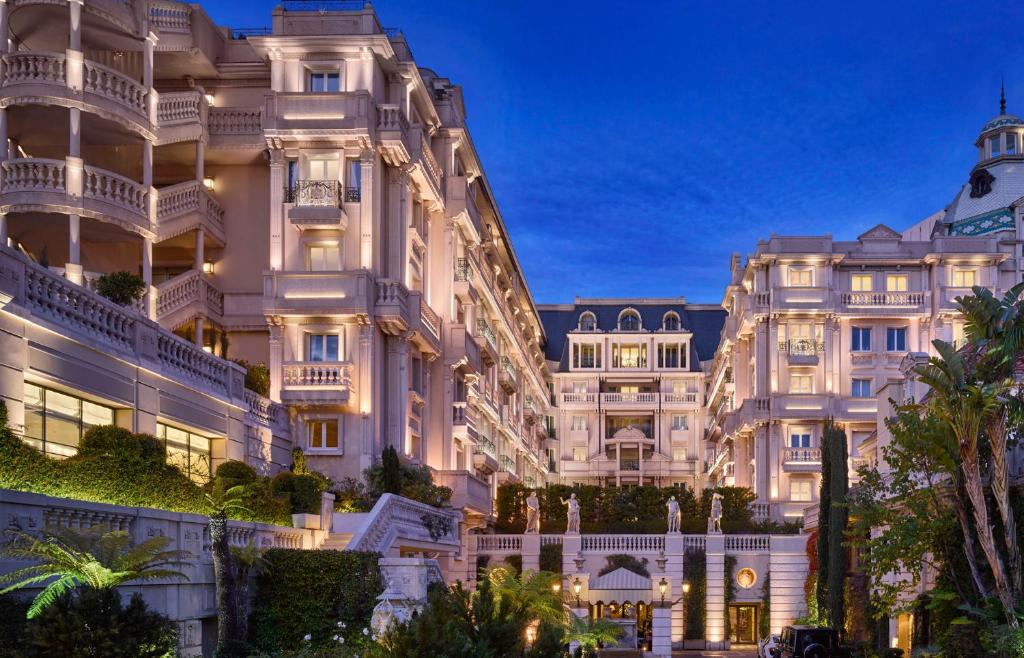
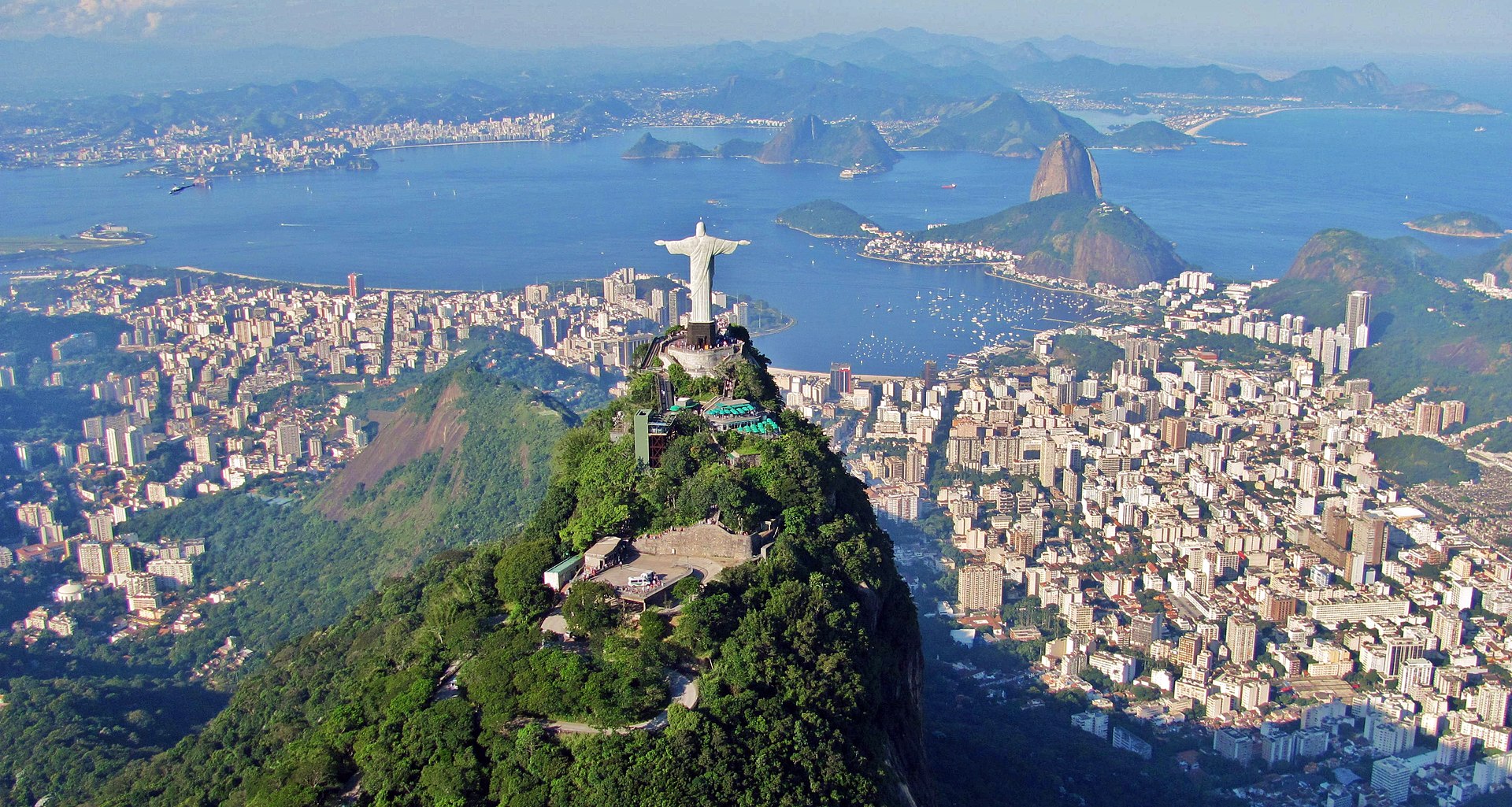
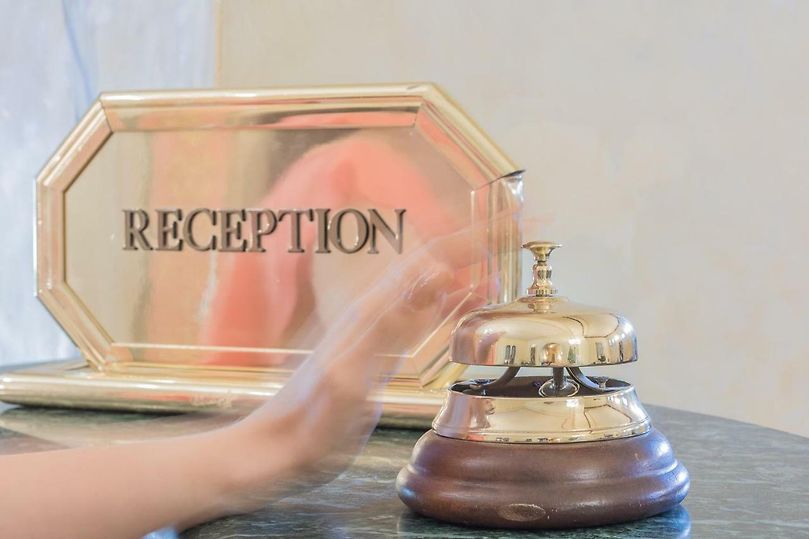
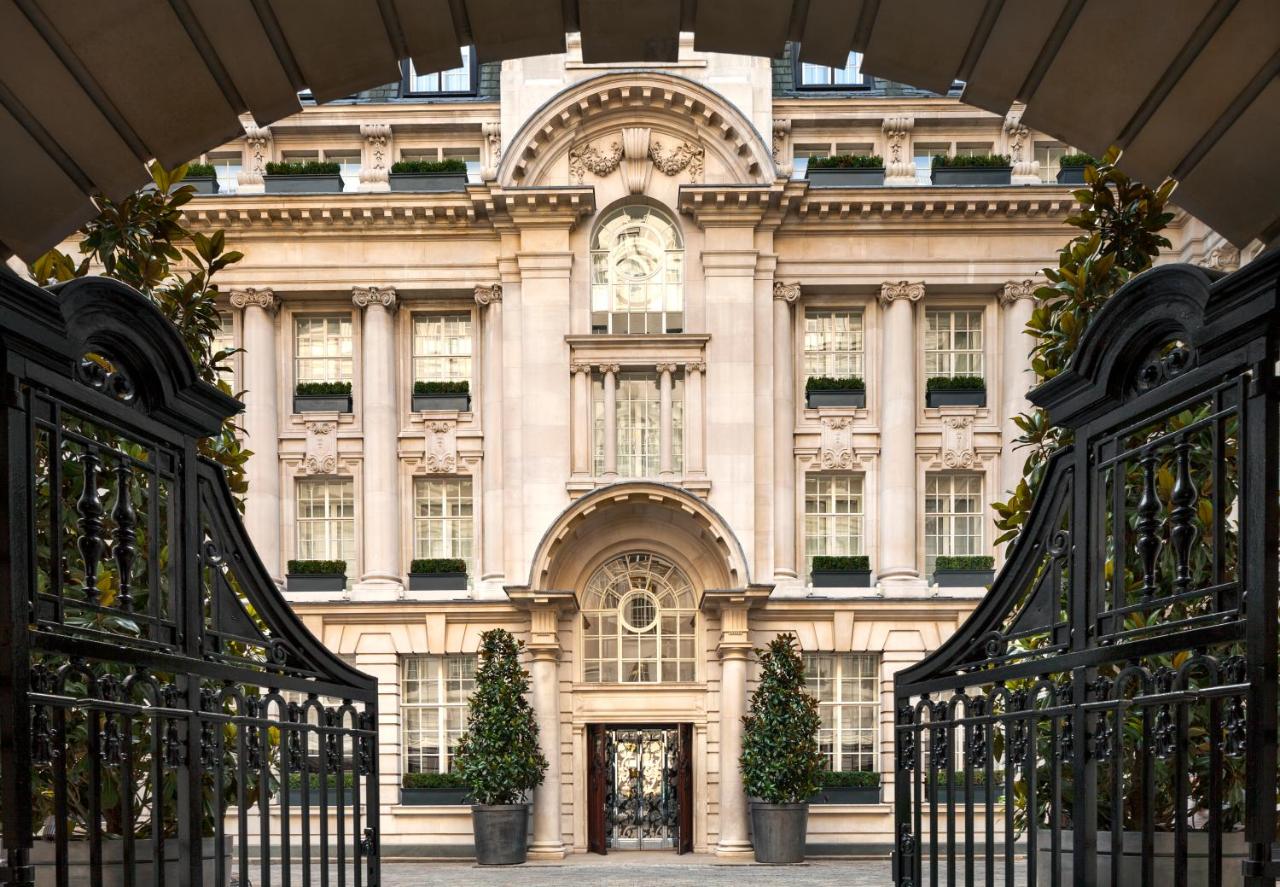
Knysna, Western Cape, South Africa
Agent: Cliff Jacobs - Managing Principal Estate Agent & CEO (Nat.Dpl.Hotel Man (UJ). M.P.R.E.)
Agent Cellphone: +27 (0) 84 413 1071 / +27 (0) 61 716 6951
Agent Office Number: +27 (0) 84 413 1071
Agent Email Address: cliff@exquisitehotelconsultants.com
Type: Luxury Retreat
Bedrooms: 8
Bathrooms: 8
Showers: 8
Parking: 20
Yield: Not Disclosed
TGCSA Rating:

Knysna, Western Cape
Knysna (/ˈnaɪznə/; Afrikaans pronunciation: [ˈnəisna]) is a town with 76,150 inhabitants (2019 mid-year estimates) in the Western Cape province of South Africa. It is one of the destinations on the loosely defined Garden Route tourist route. It is situated 60 kilometres east of the city of George on the N2 highway, and 33 kilometres west of the Plettenberg Bay on the same road.
Etymology
A number of explanations exist for the origins of the name, 'Knysna' - including 'xthys xna,' purportedly from a Khoekhoe language term that might have meant 'place of timber', 'place of ferns', or even 'straight down'[ (referring to the cliffs at The Heads).
However, it is also likely that the name is related to, or a derivative of, similar place names that do or have existed in other parts of Africa.[speculation?] In colonial times Lake Malawi was known as Lake Nyasa (very similar to 'Knysna'), while Webster's Universal Unabridged Dictionary defines the word 'nyanza' as a noun: "(African): An expanse of water, as a lake or wide river".
History
Early history
Forty fossilised hominid footprints, dating to about 90,000 years ago, along with various other archaeological discoveries suggest that humans have lived in Knysna for well over 300,000 years. The first of these were various San Hunter-gatherer peoples who inhabited most of Southern Africa in paleolithic. The San were gradually displaced and absorbed by south migrating Khoekhoe peoples.
Houtunqua (Outeniqua) Khoe
The indigenous inhabitants of the Knysna area are a southern Khoekhoe people called the Houtunqua or Outeniqua. Their name means "The People Who Bear Honey". From the Khoekhoegowab words /hao, 'honey', tun'(teni), 'to carry (verb)', and khoe rendered as qua meaning people.
Little is known about Houtunqua society prior to European contact. What little historical sources exist are not elaborate. It is suspected that at the height of the Houtunqua's society, their territory stretched from the mouth of the Krom River in the east, along the Outeniqua Mountains which bear their name, up until the mouth of the Grootbrak River in the west.
The Houtunqua seem to have remained autonomous from the Inqua (Hamcumqua) expansion in the north with smaller Khoekhoe tribes like the Gamtobaqua coming into the fold of the Houtunqua to seek protection from the ever expanding Inqua to the north east. The Houtunqua were connected to trades routes with the Attaqua and Hessequa to the west.
Archaeological evidence suggests that the Houtunqua kept livestock and practised Nomadic Pastoralism but made extensive use of the resources in mountain forests. Excavations in the region have unearthed many caves showing signs of pre-colonial occupation.The discovery of shell middens at Knoetzie beach confirms the idea that like other Khoekhoe peoples, the Houtuniqua made use of the ocean for its resources.
Oral tradition among the Houtunqua tells how the Houtunqua held specific superstitions about Europeans and believed them to be "baleful spirits". Thus the Houtunqua went out of their way to avoid contact with Europeans. Where other Khoekhoe tribes established formal relations and trade with Europeans, the Houtunqua receded deeper and deeper into the mountain forests.[18] As a result the Houtunqua disappeared from the historical record for some time with some Houtunqua eventually assimilating into colonial society of the time. Chief Dikkop, who died in 1816, was the last recorded Chief of the Houtunqua.
European settlement
The first Europeans arrived in the area in 1760, and the farm Melkhoutkraal (literally translating from Afrikaans as 'milk wood pen') was established on the eastern shore of the Knysna Lagoon. Stephanus Terblans, the first European farmer to settle in the area, was given a loan permit to farm here in 1770.
Upon moving to Knysna George Rex, a British-born entrepreneur credited as being the founder of Knysna, acquired the loan rights to Melkhoutkraal in 1804 and later, in 1816, to the farm Welbedacht, which he renamed Eastford. He gave 80 acres (32 ha) of Eastford to the Colonial Government, on which the Royal Navy established the township of Melville. Rex's properties were sold when he died in 1839.
In April 1817, the transport brig Emu, belonging to the Cape Town Dockyard, was the first European vessel to enter the Knysna Heads. She struck a rock, now known as Emu Rock, and was holed. Her crew ran Emu ashore to prevent her sinking. In late April HMS Podargus arrived to render assistance. After surveying the area, Podargus sailed safely into the Knysna and retrieved Emu's cargo.
The next major settler in Knysna was Captain Thomas Henry Duthie, who married Caroline, George Rex's daughter, and bought a portion of the Uitzigt farm from his father-in-law which Rex had named Belvidere. The construction of a small Norman-style church was commissioned by Duthie on his property, and was consecrated in 1855. The settlement's population grew slowly, and Englishmen such as Henry Barrington and Lt. Col. John Sutherland, who established the settlement of Newhaven on a portion of purchased land, settled in the area. At the time, Knysna was a field cornetcy of Plettenberg Bay within the Magisterial Division of George. In 1858, Knysna became a separate Magisterial Division, new stores and accommodation facilities were opened, and Knysna became the new commercial centre of the region.
On their way to New Zealand, the Thesen family who were travelling from Norway fancied the little hamlet of Knysna so much that they decided to stay, bringing with them their knowledge of commerce and sailing. Soon, timber was being exported to the Cape from the vast areas of forest surrounding Knysna, and a steam sawmill and small shipyard were established. Later, these were relocated to Paarden Island, later known as Thesen's Island.
Millwood Gold Rush
In 1878, an important discovery was made in the area. A gold nugget was found in the Karatara River, near Ruigtevlei. Soon fortune hunters from all over the world arrived at the Millwood Forest in search of gold, and Millwood grew into a bustling town. Millwood was declared a gold field, the first in South Africa. However, soon not enough gold was being recovered to sustain a growing town, and the mining industry in the area collapsed. Some miners relocated to Knysna, bringing their little homes with them. One of the houses, known as 'Millwood House', now functions as a museum.
Amalgamation and timber industry
By 1880 over 1000 people had settled in Knysna. In 1882, the settlements of Newhaven, Melville and the "wedge" of land between the two villages were amalgamated to form the municipality of 'The Knysna', named after the Knysna River.
Knysna's timber industry peaked when George Parkes arrived from Britain and saw the opportunity to use the hardwoods of the Knysna Forest for export to elsewhere in the country, and even overseas. He established the Knysna Forest Company, later renamed Geo. Parkes and Sons Ltd., which is still trading to this day.
2017 Knysna fire
On June 7, 2017, fuelled by strong winds from a severe storm - the Cape Storm of 2017- coming in from the west, a fire swept through the town and surrounding areas. Killing 9 as a direct result of the fires and another 2 indirectly and displacing around 10,000 people from all walks of life. Initially reported as arson, the cause of the fire was later revealed to have been lightning.
Geography
The town is primarily built on the northern shore of a large warm-water estuary, known as the Knysna Lagoon, which is fed by the Knysna River. The estuary opens to the ocean after passing between two large headlands made up of Peninsula Formation quartzites. These are popularly known as "The Heads", and have become infamous due to the loss of boats and fishermen passing through their treacherous and unpredictable waters. The Paquita, a German vessel, sank on the eastern side of the Knysna Heads in 1903. Near them are geological formations, known locally as "The Map Stones." To the north of Knysna, Afro-Montane or temperate rainforest covers the hilly terrain for 20 km until changing to fynbos or macchia high in the Outeniqua Mountains. The eastern head is heavily developed, while the western head is partially protected by a private nature reserve, Featherbed Nature Reserve, developed and formerly owned by teacher and television presenter William Smith on land he inherited from his father, famed ichthyologist J. L. B. Smith.
Climate
About us
Our Retreat has won several awards for its location, but the one we are most proud of is the Prime Location Hotel in South Africa by the prestigious Haute Grandeur. Best View and Best Relaxation Hotel are additional awards that we are ecstatic to have received.
This is a small and exclusive retreat with eight en-suite, open planned bedrooms and various communal facilities, ensuring the luxurious comfort of every guest.
Experience Knysna's Eternal Beauty
Under normal circumstances, we have a strict no under 12 policy due to our location. Our Retreat can be booked in its entirety by a group as an exclusive villa. In this scenario, children under 12 can also be accommodated.
Special dinners can be organised and our owners would love to give you a taste of some of our delicious wines. Wine and food pairings can be organised for groups. Our new wine tasting room is fully operational and we are so excited!
The owners of our Luxury Retreat have a long history in South Africa, considering they are both originally from Sweden. The combination of the husban and wife's entrepreneurship and degrees in both finances and tourism led them to create a place with a welcoming atmosphere that guests could call their ‘home away from home’.
2014 was the year that the current owners became the new owners of the Retreat. How they ended up with this amazing place is a story in and of itself. They are happy to share the tale with you when you come for a visit. They love to exchange life stories, which is why guests can experience so much more than just a night away when they stay at Retreat.
All the staff have been living in Knysna for most of their lives and they know the beautiful surroundings by heart. Our retreat is a small establishment. Therefore, all staff have been trained to be ‘all round’ helpful but with a designated area of responsibility.
Smile Foundation















































Cliff Jacobs (Nat Dpl Hotel Man (UJ). MPRE. GA Level 5 TEFL) Managing Principal / CEO Exquisite Hotel Consultants (Pty) Ltd Mobile: +27 (0) 84 413 1071 / +27 (0) 61 716 6951 Email: cliff@exquisitehotelconsultants.com Web: https://www.exquisitehotelconsultants.com © All rights reserved Terms and Conditions apply Scroll down to view our Hospitality Properties and Businesses for sale or lease or lease-to-buy or partnership arrangement or management agreement arrangement.